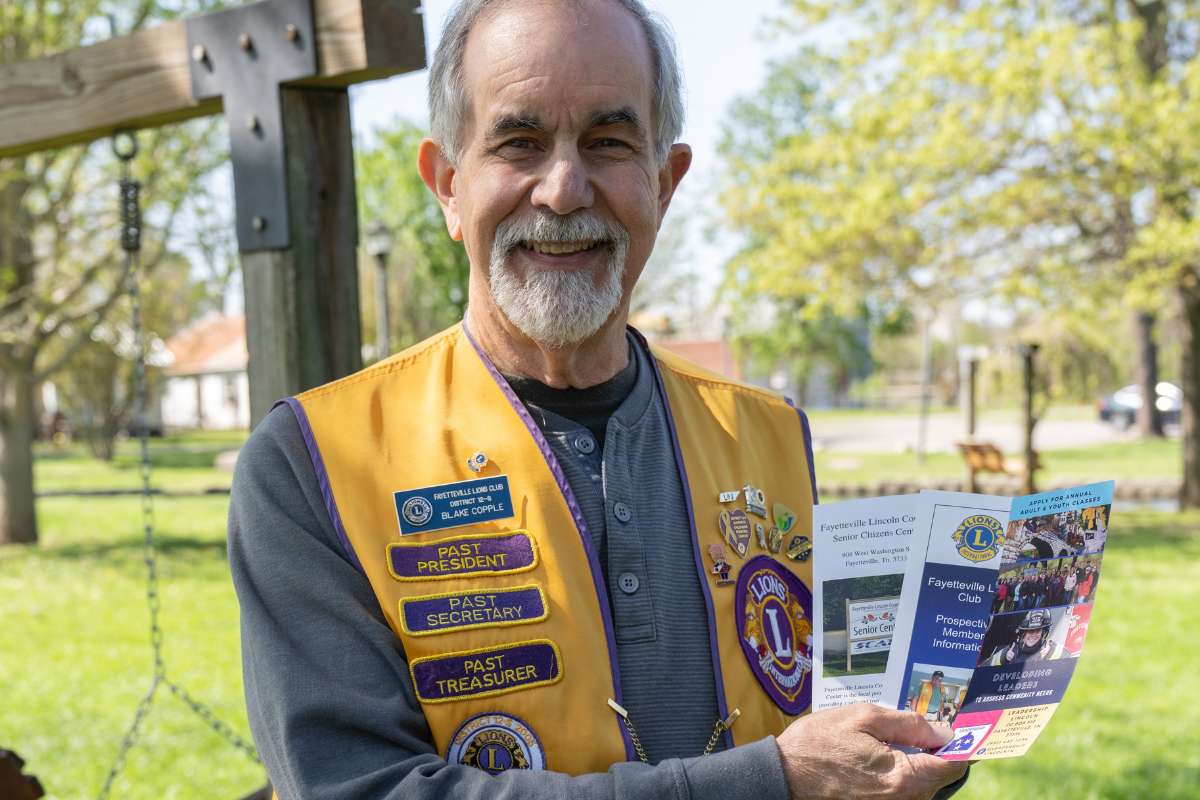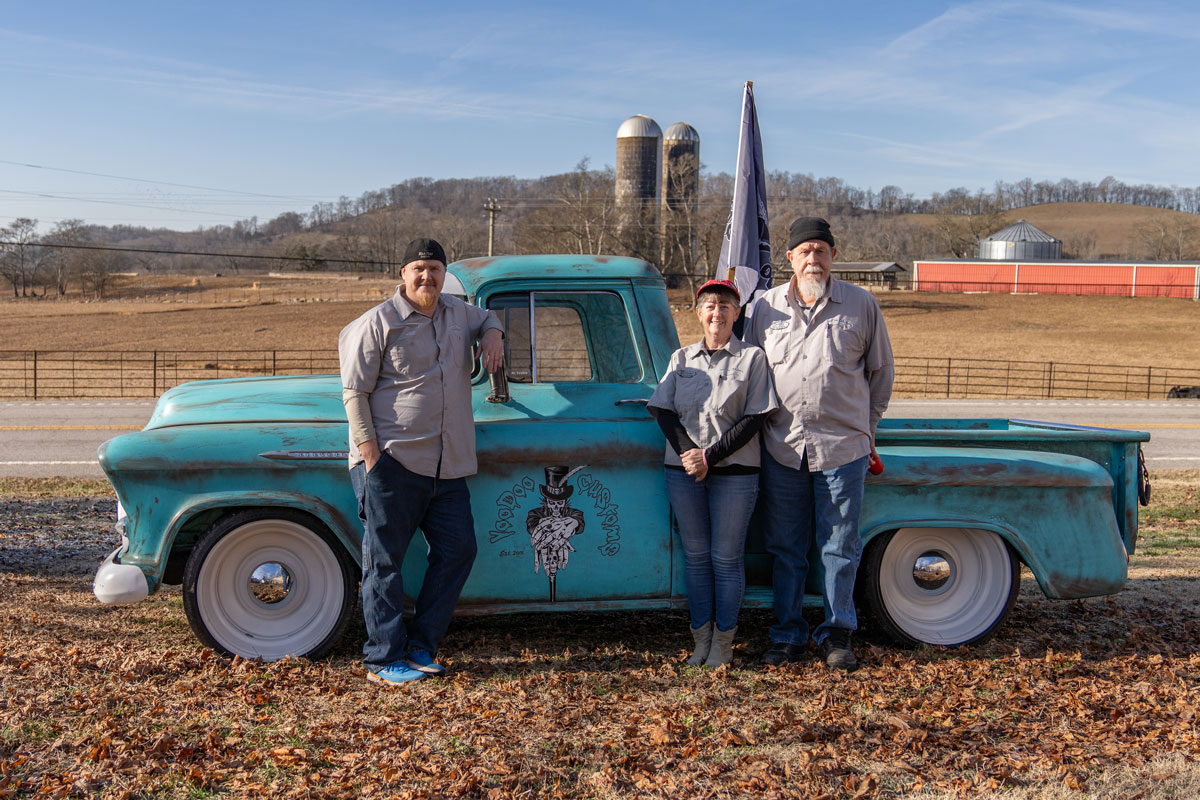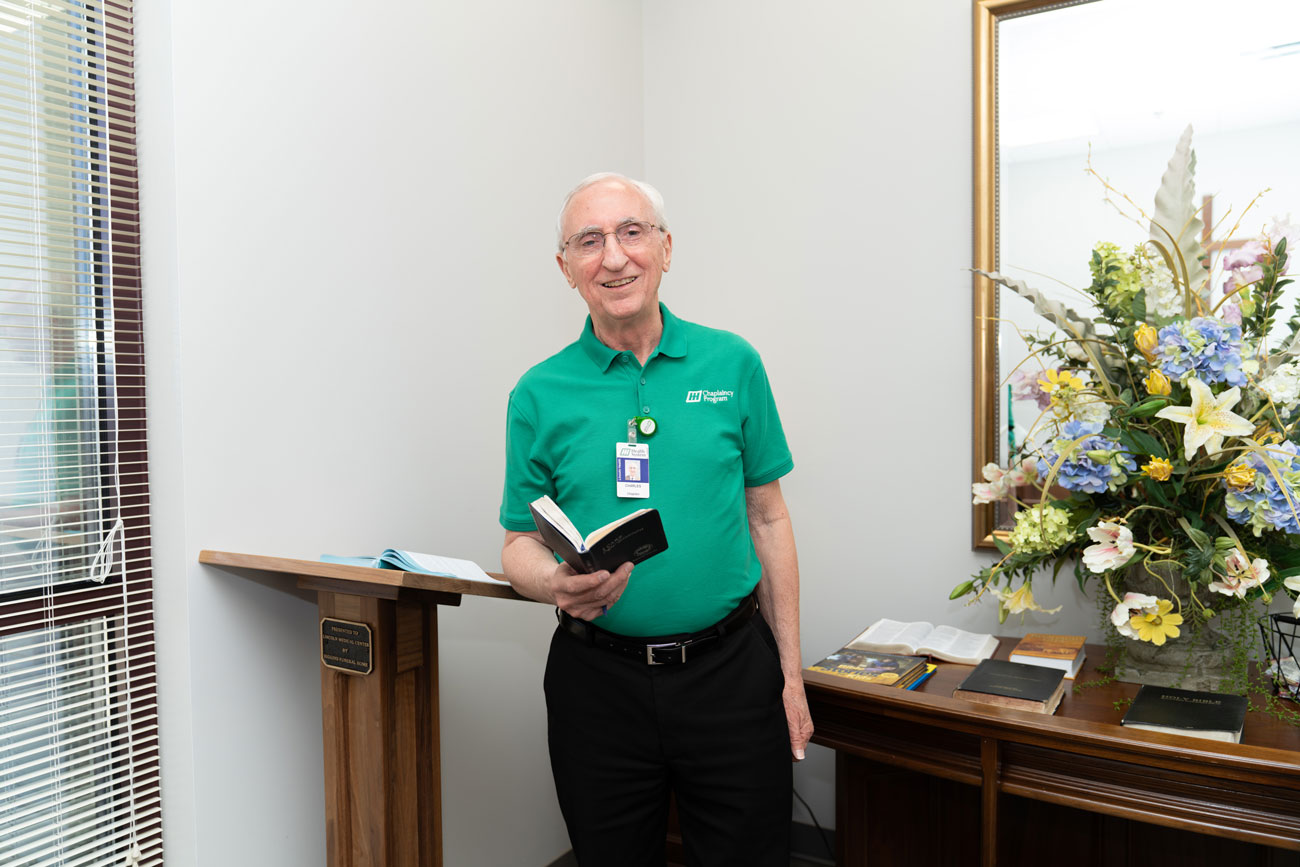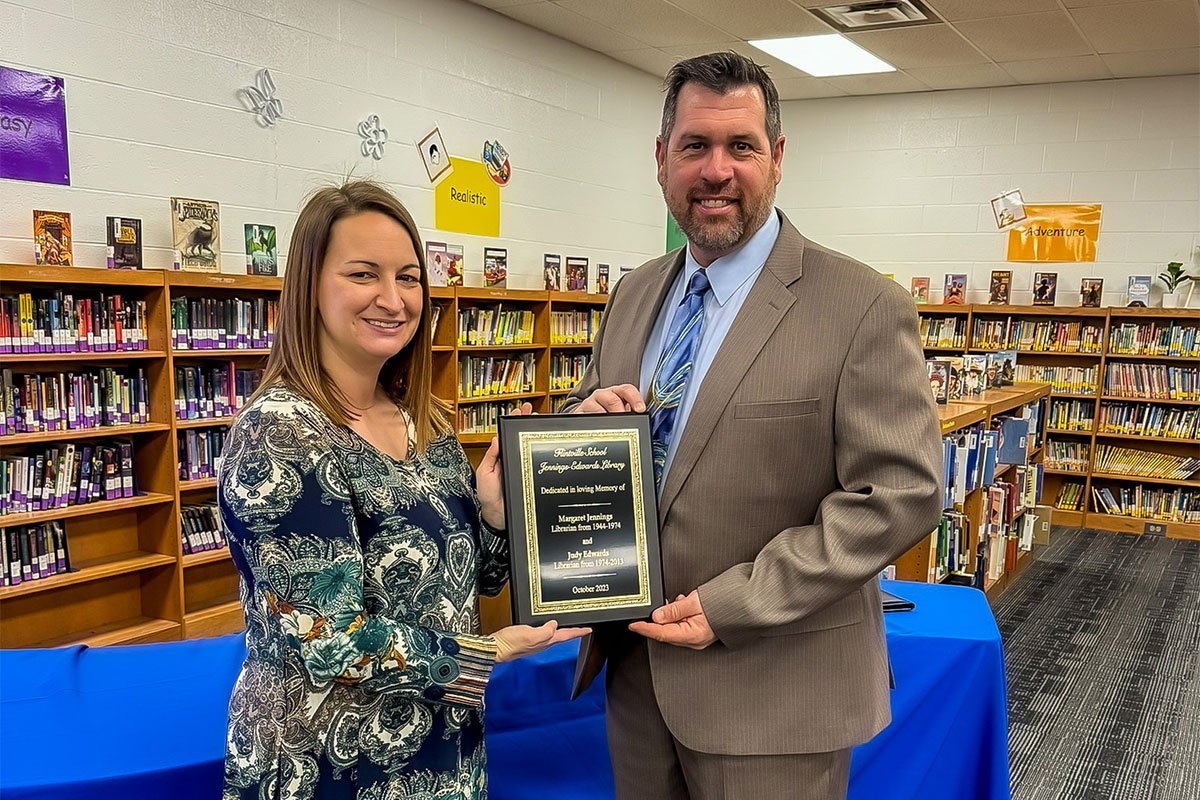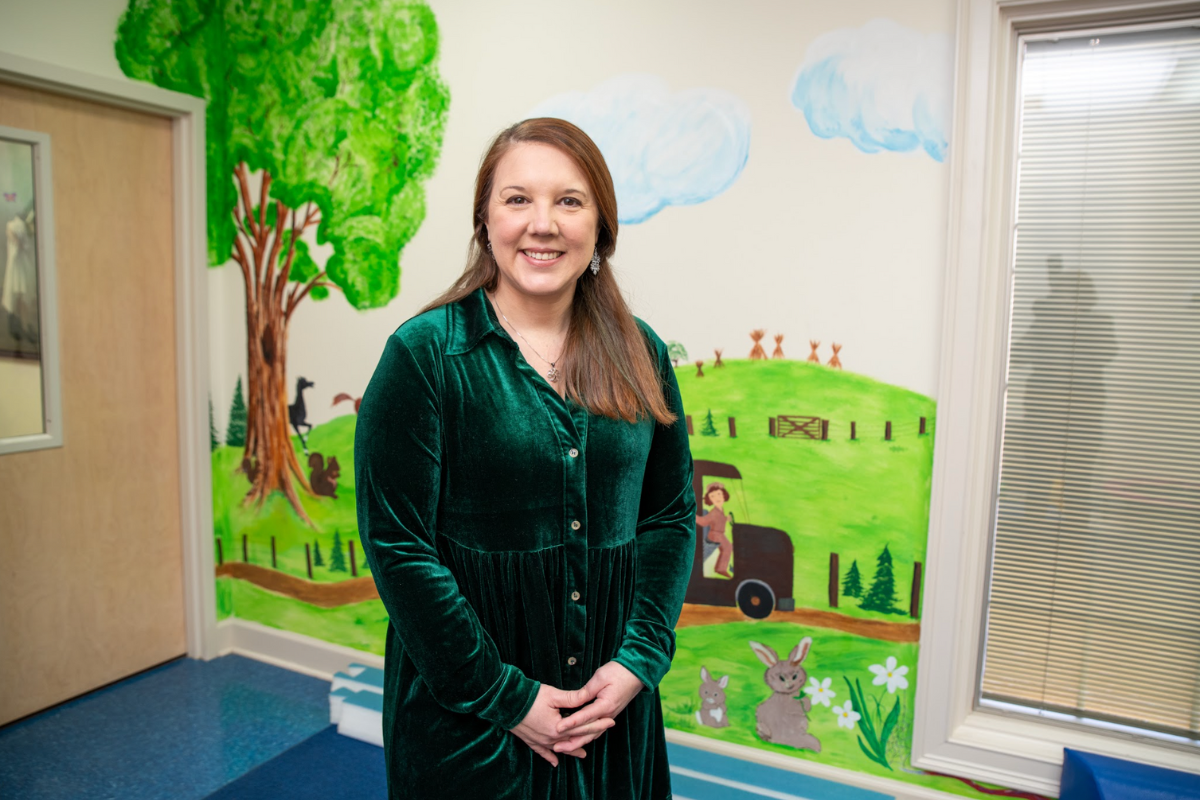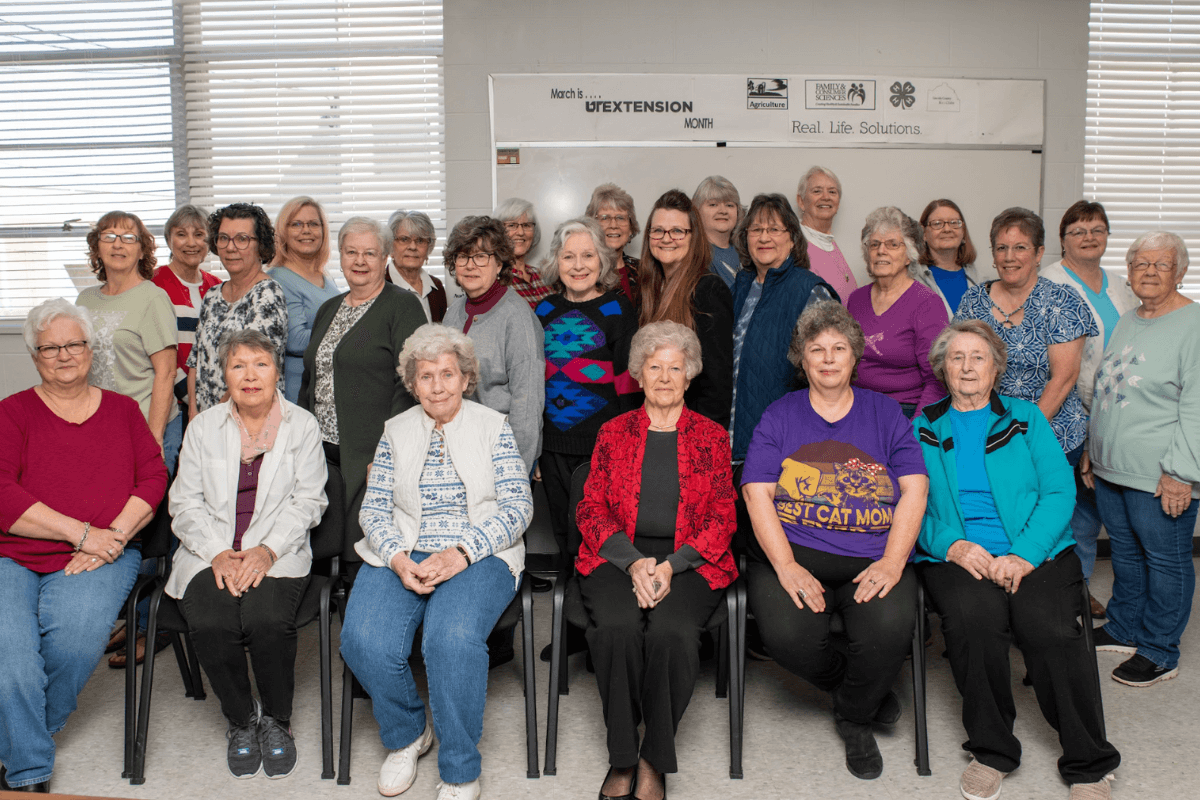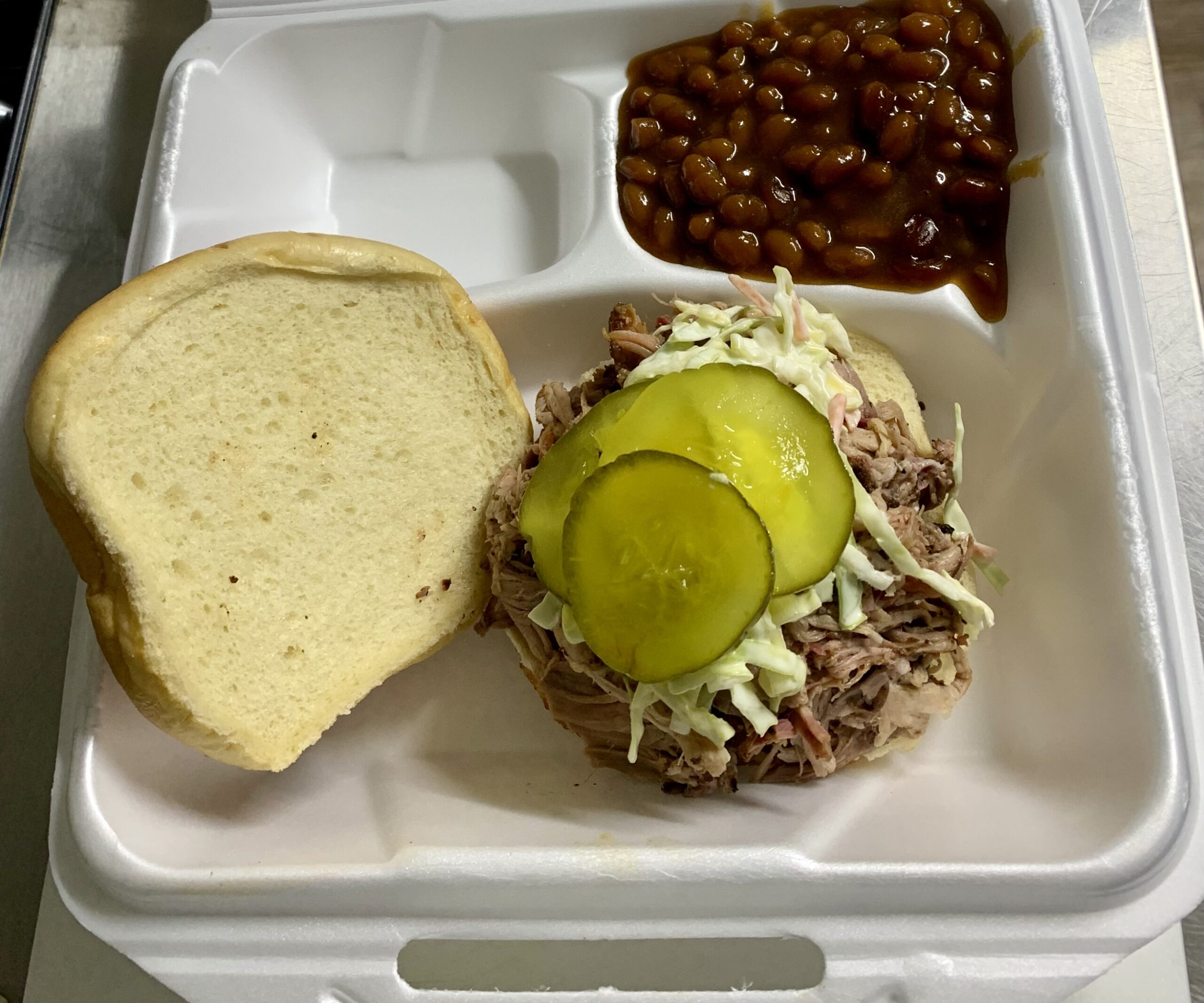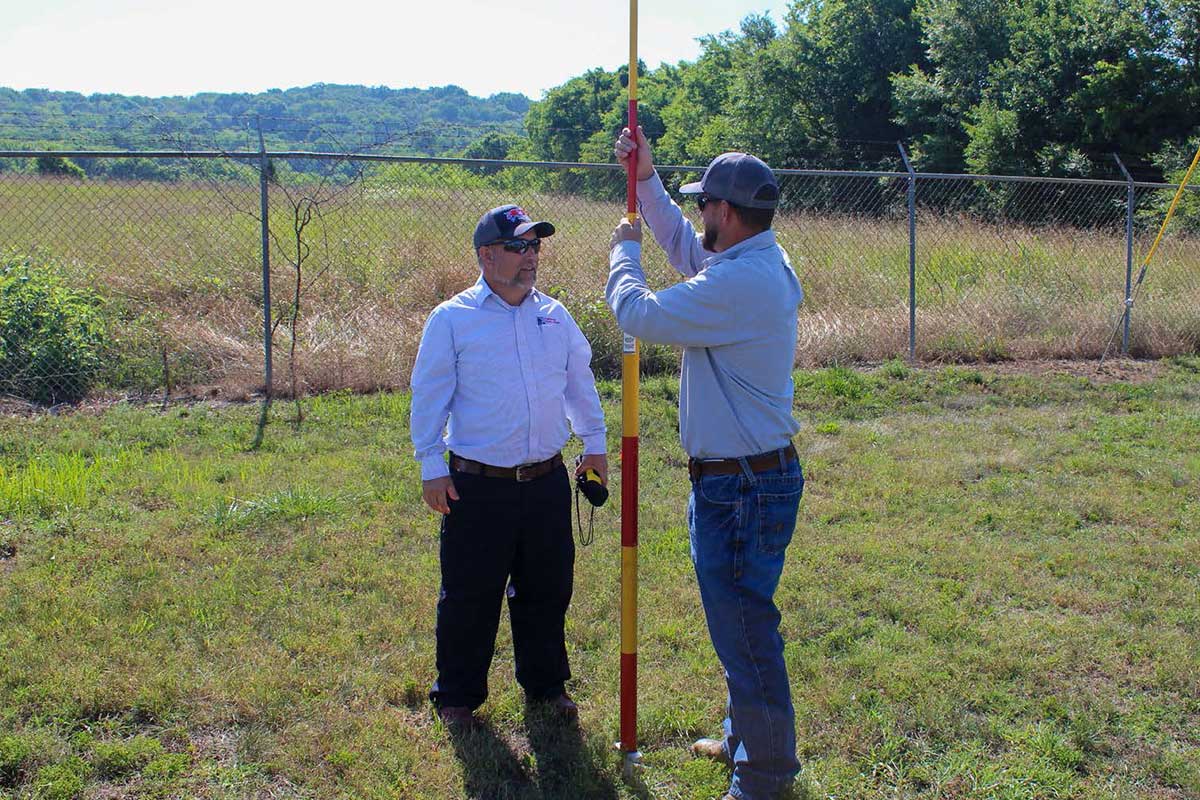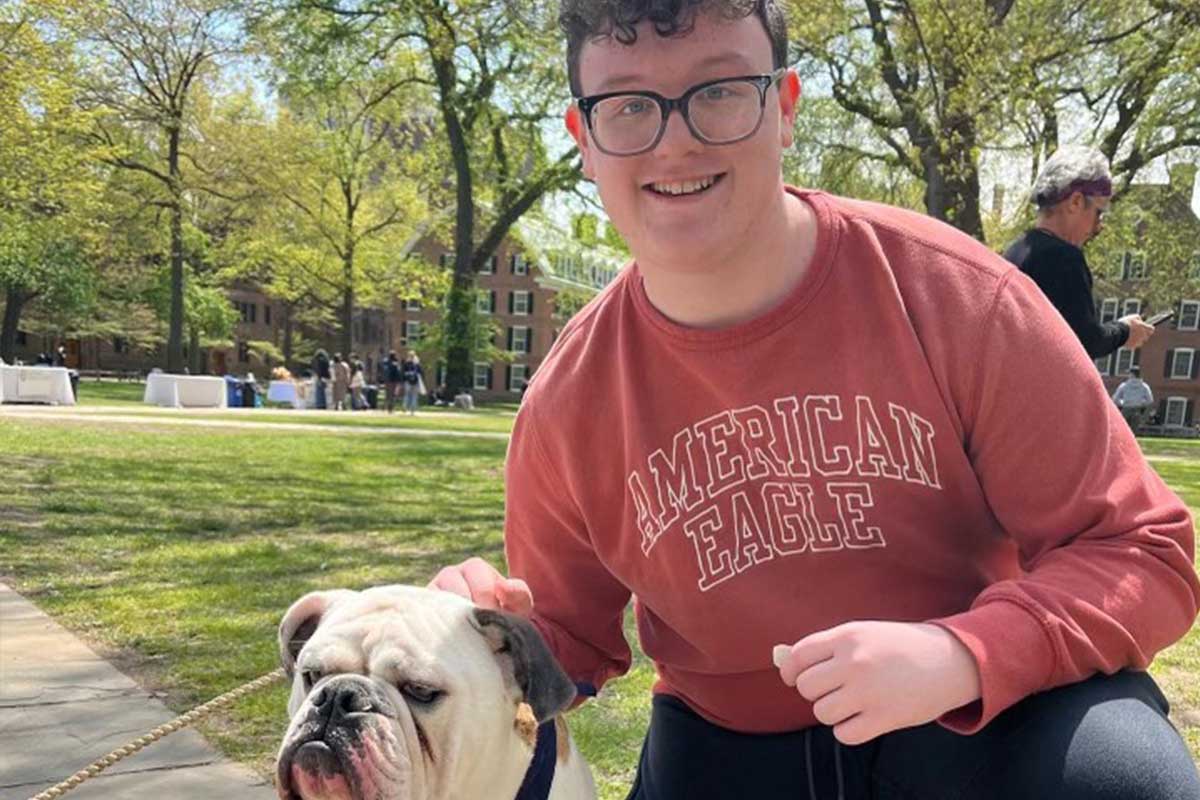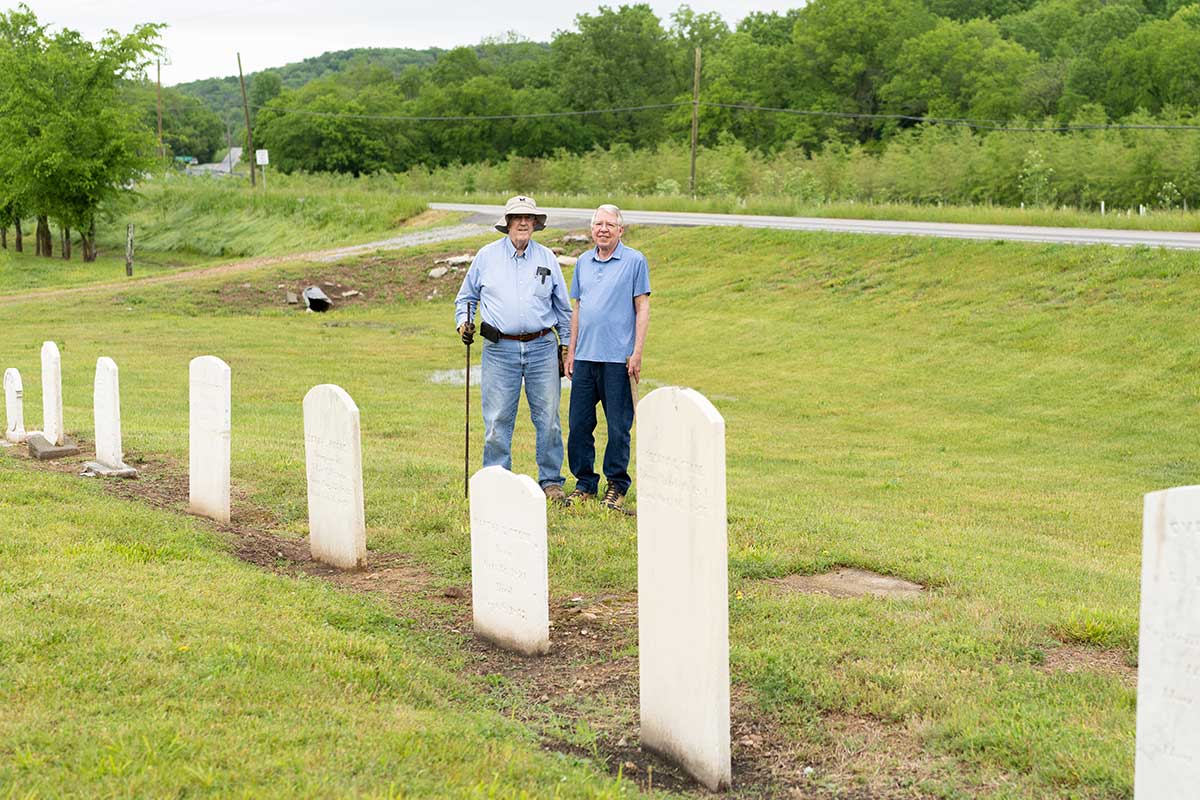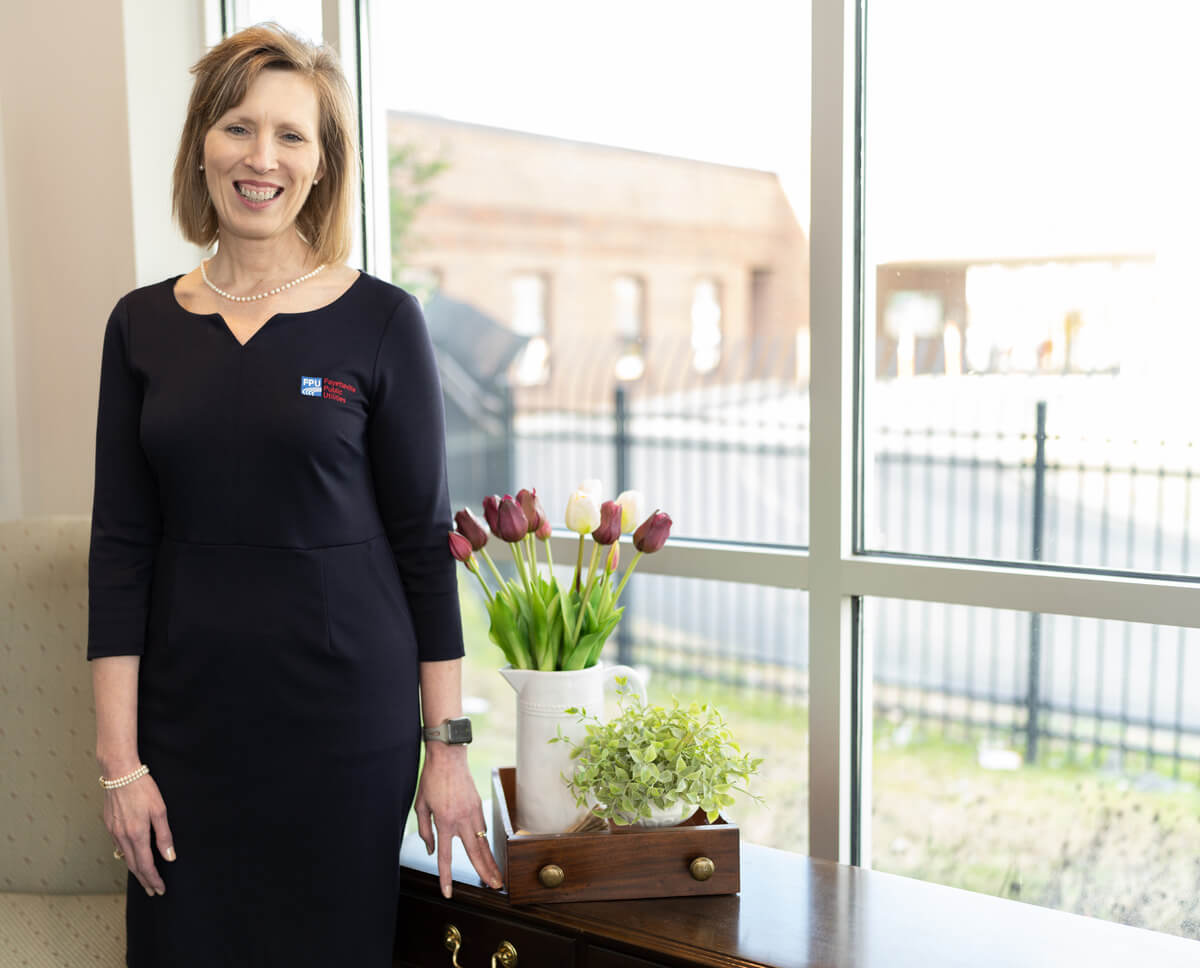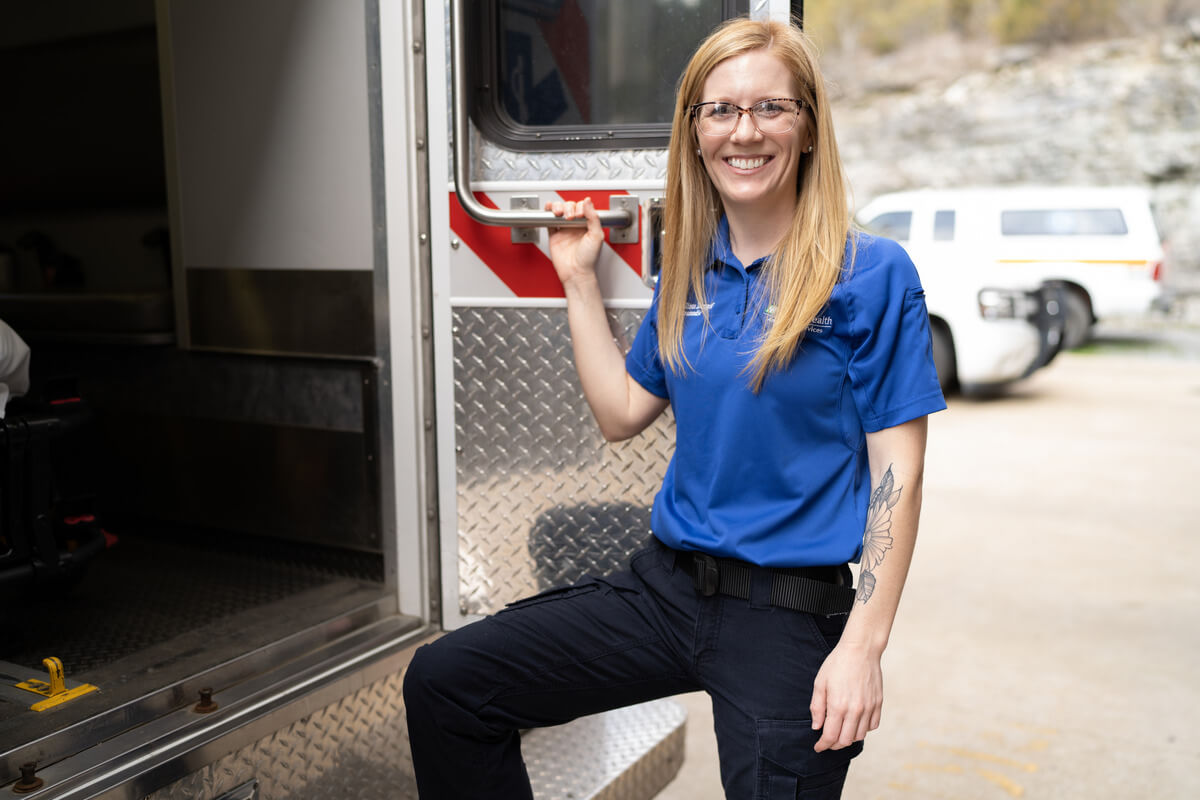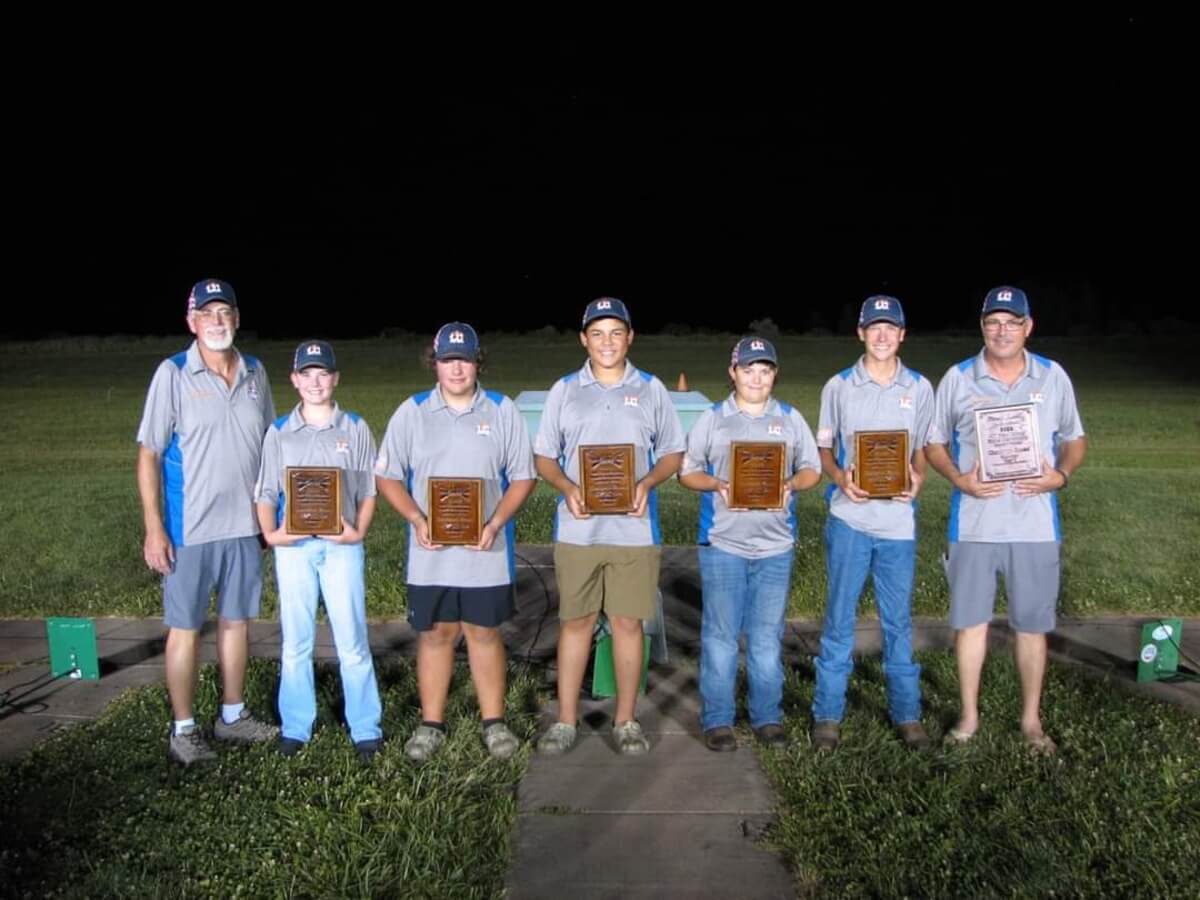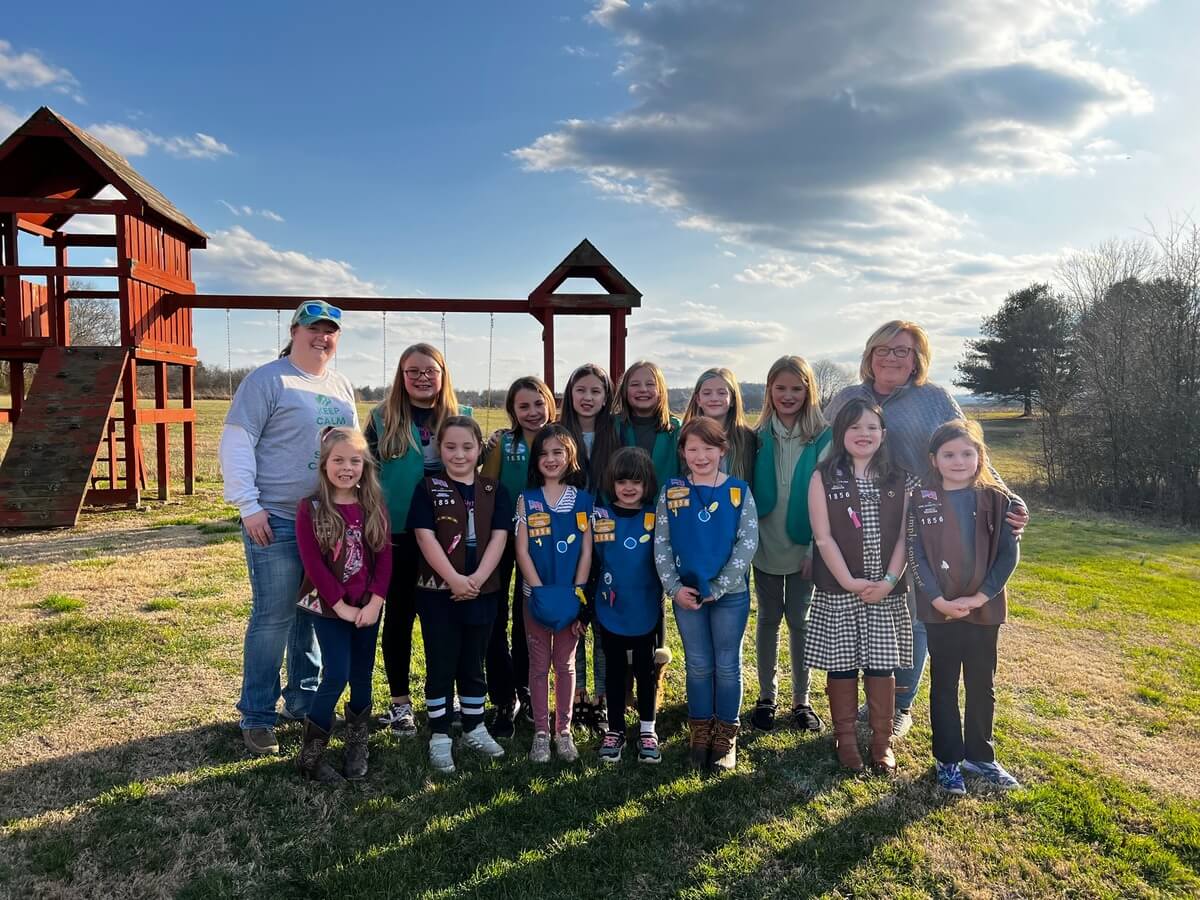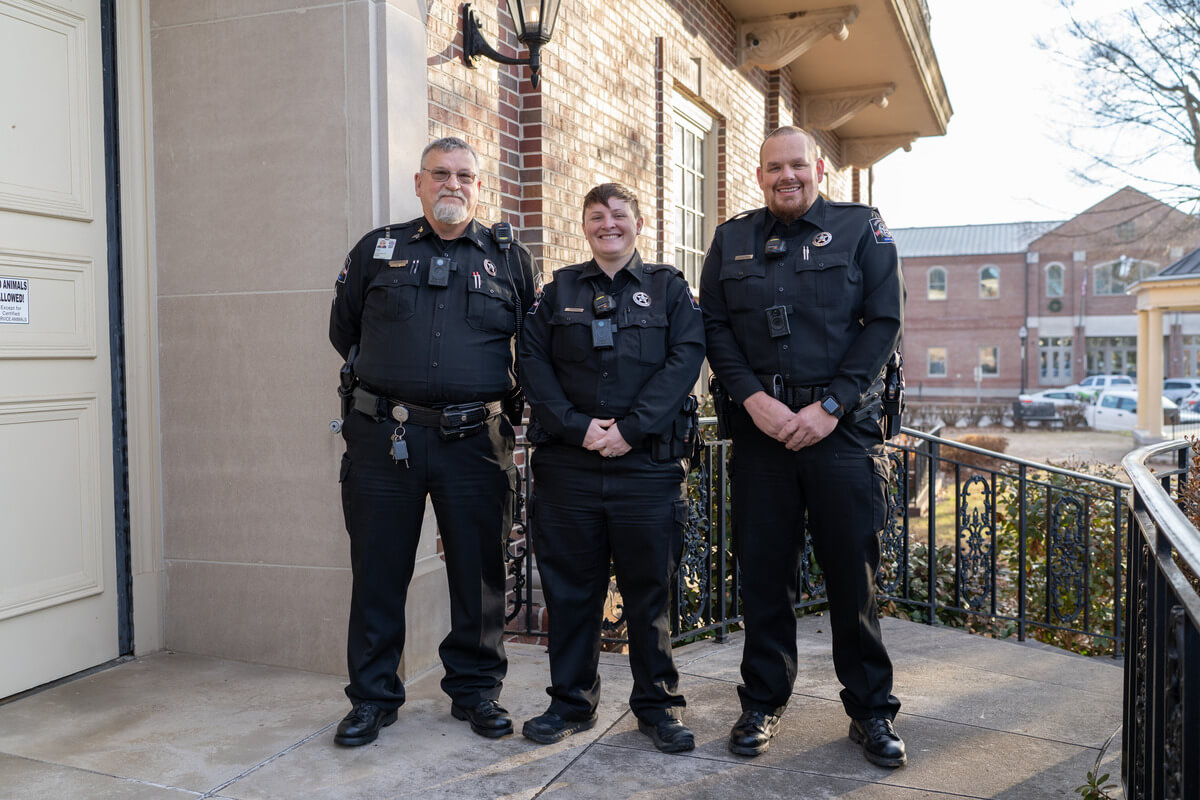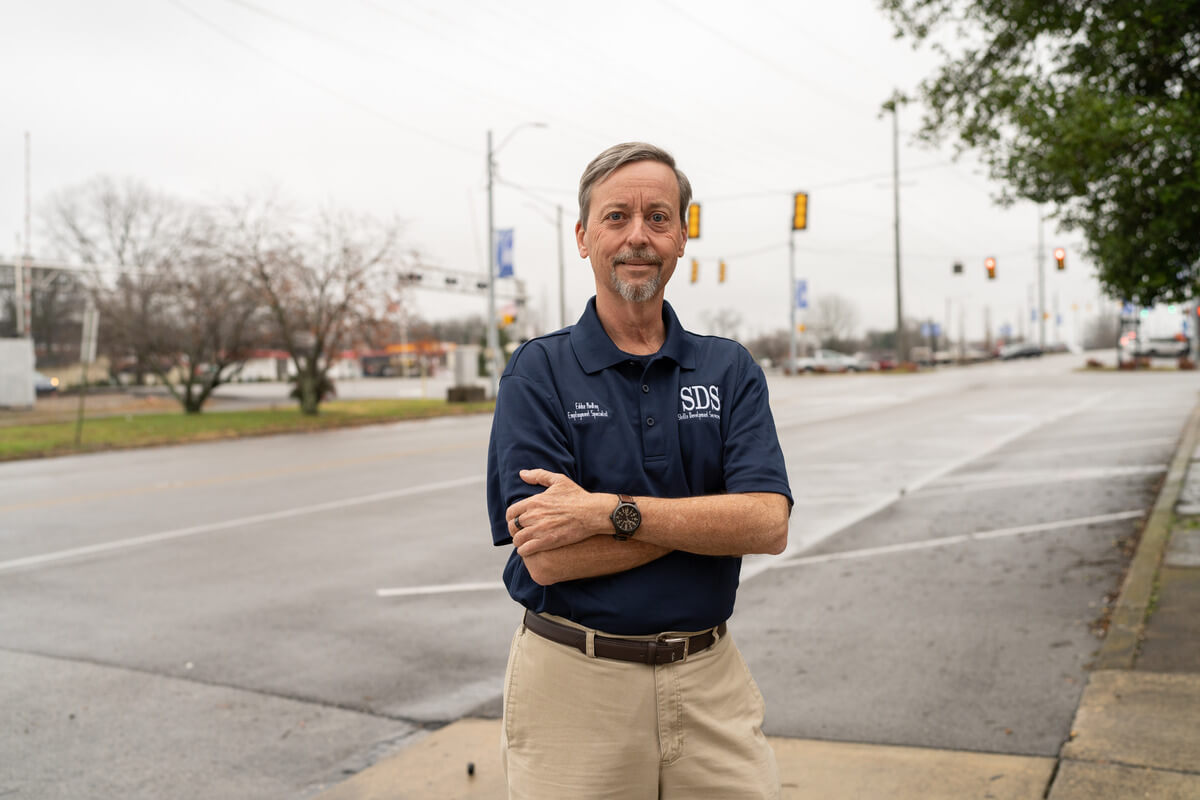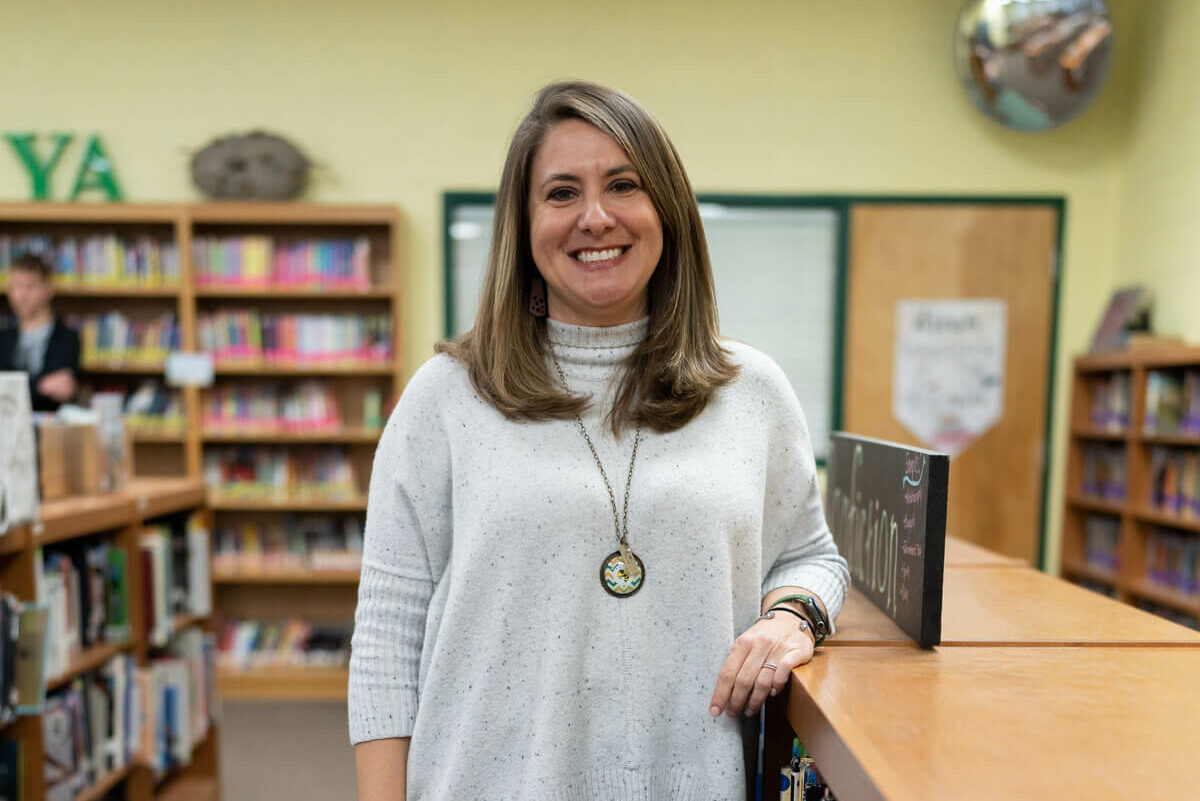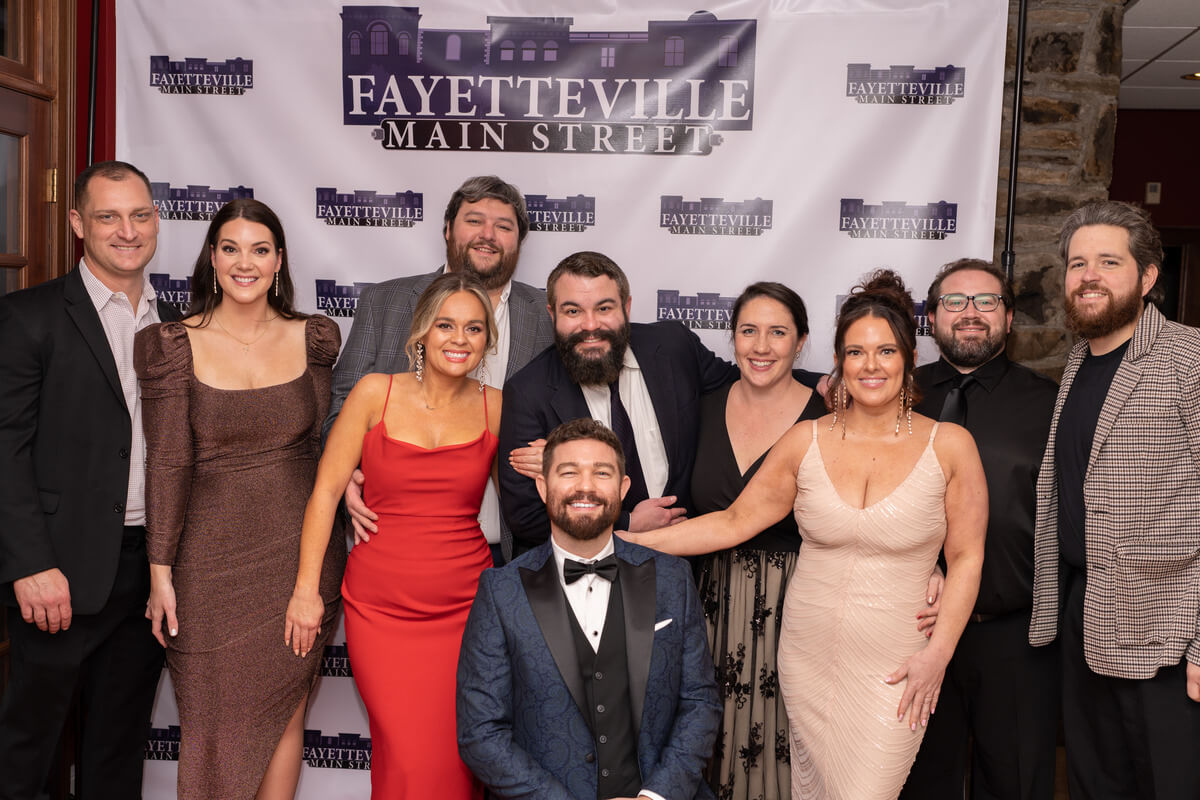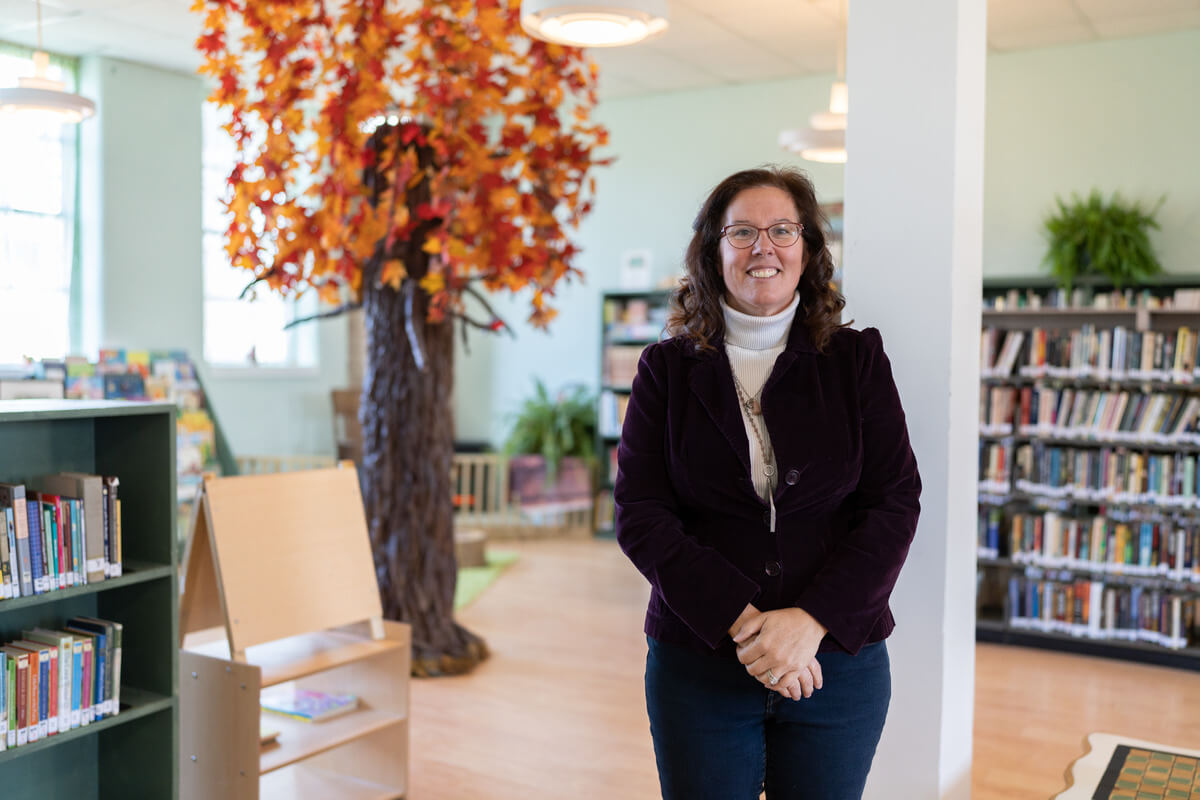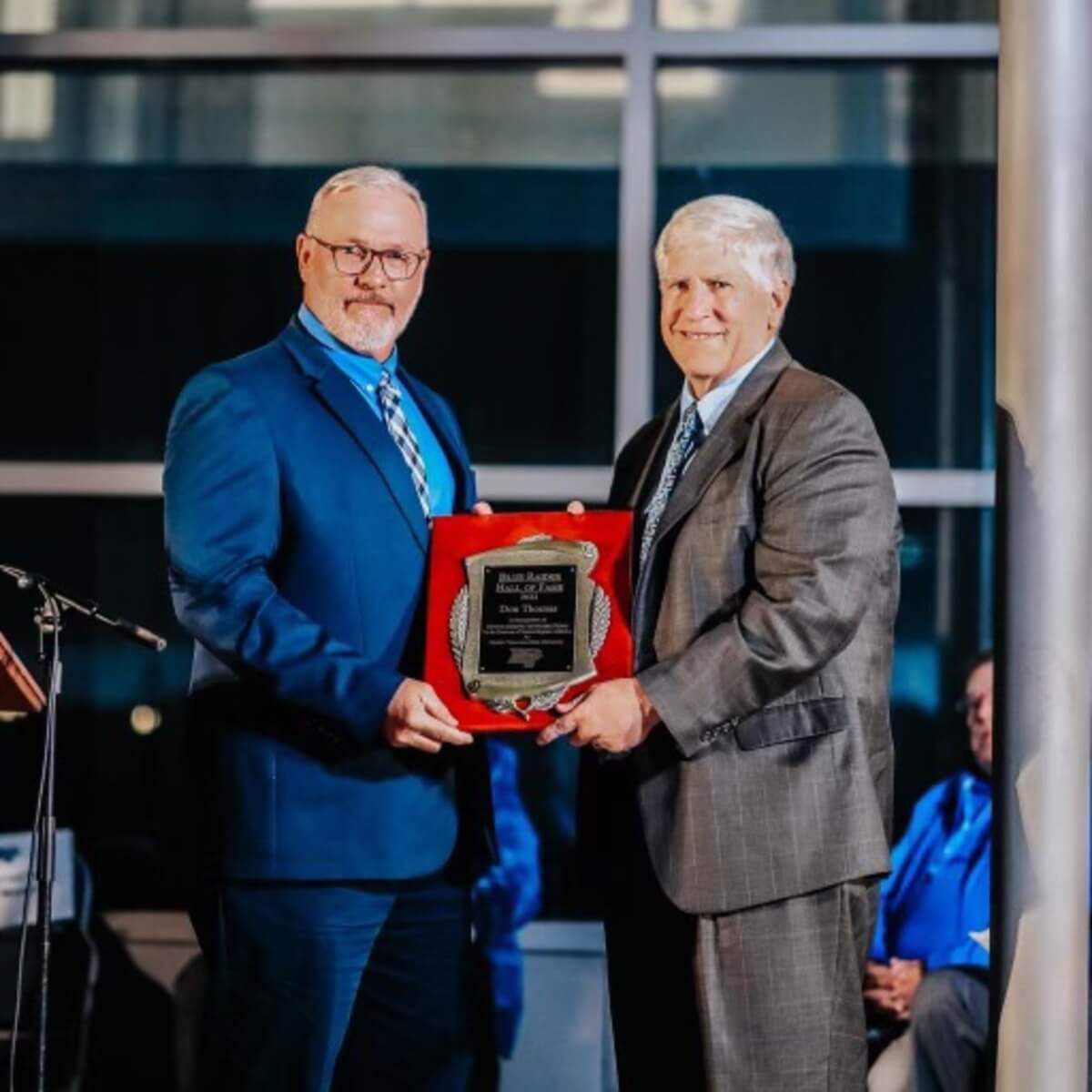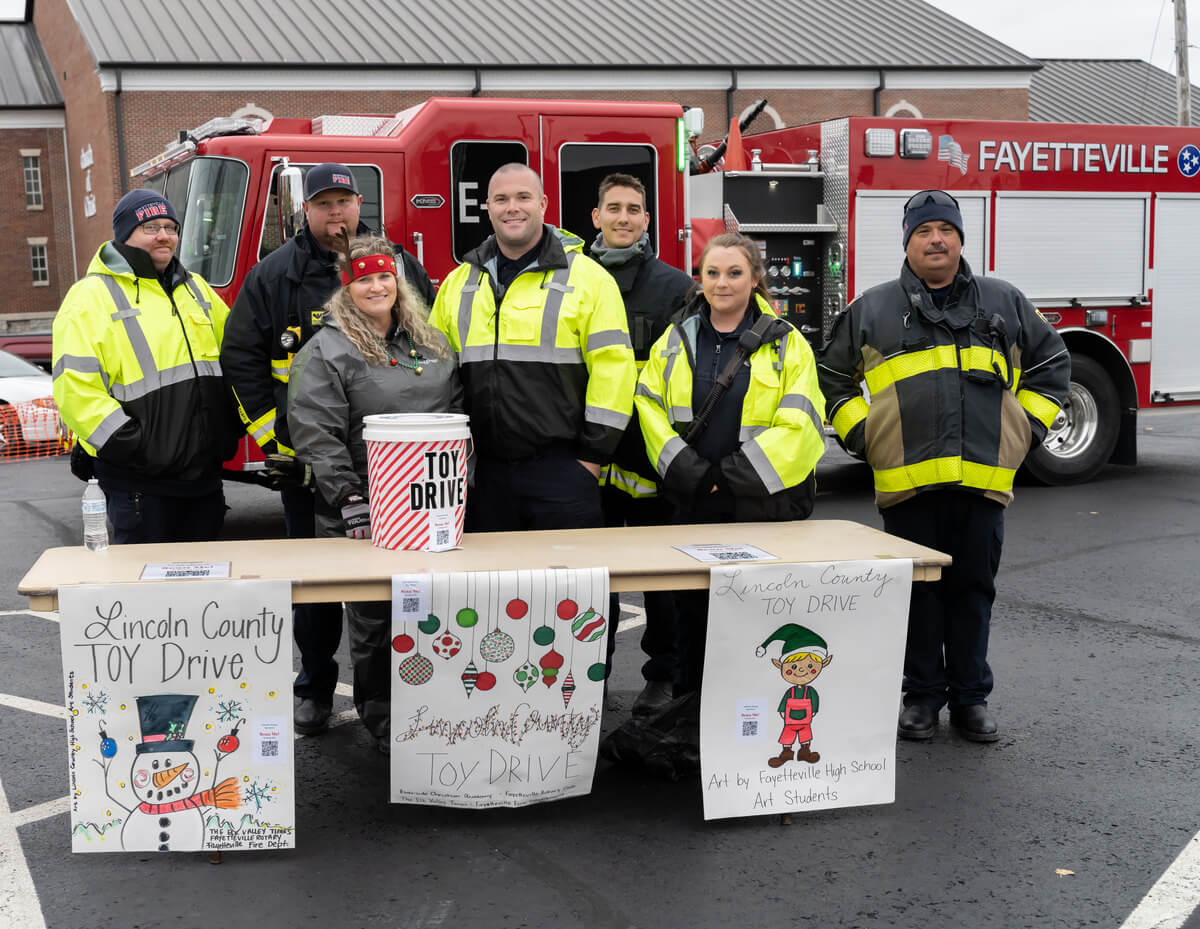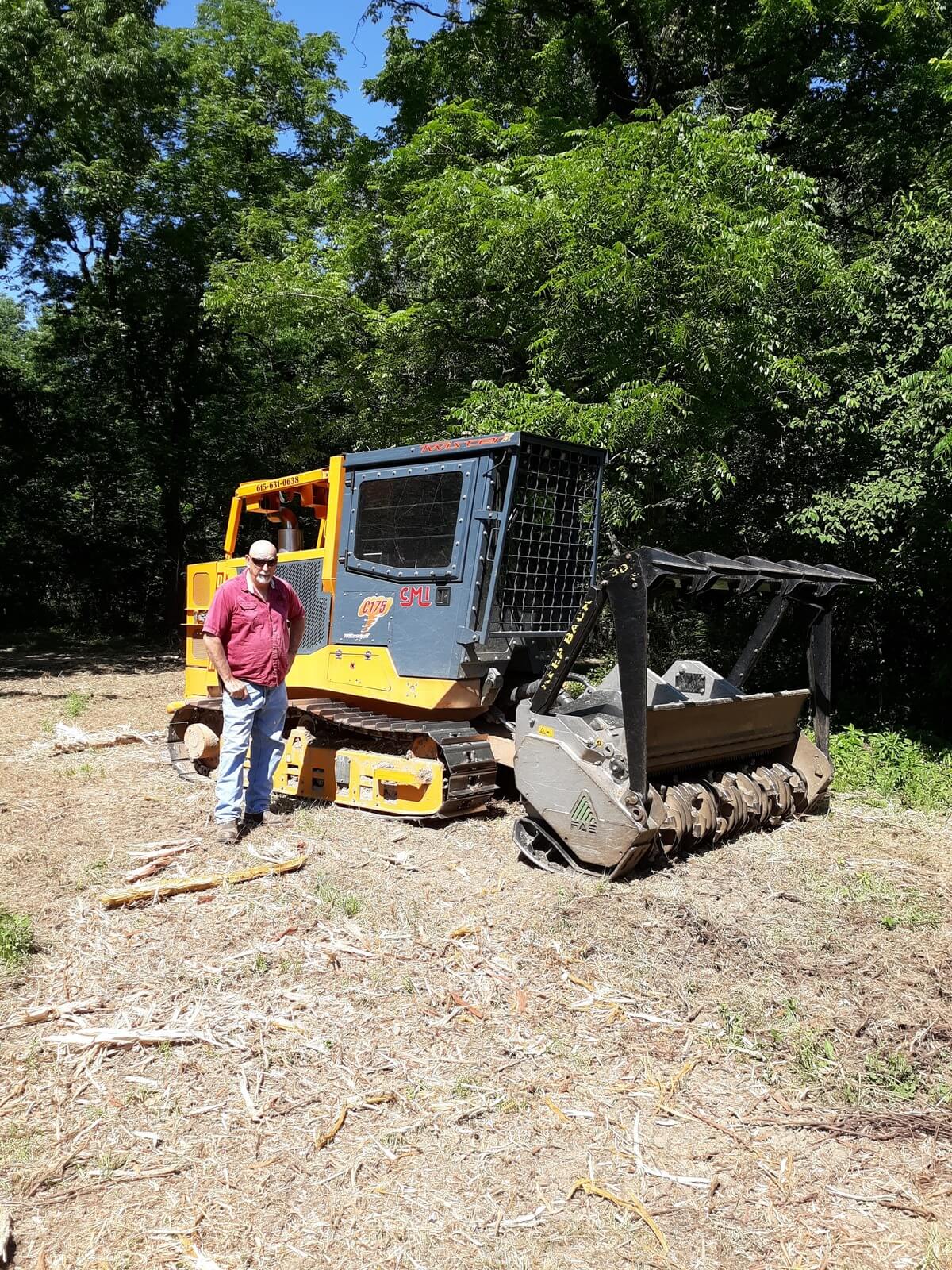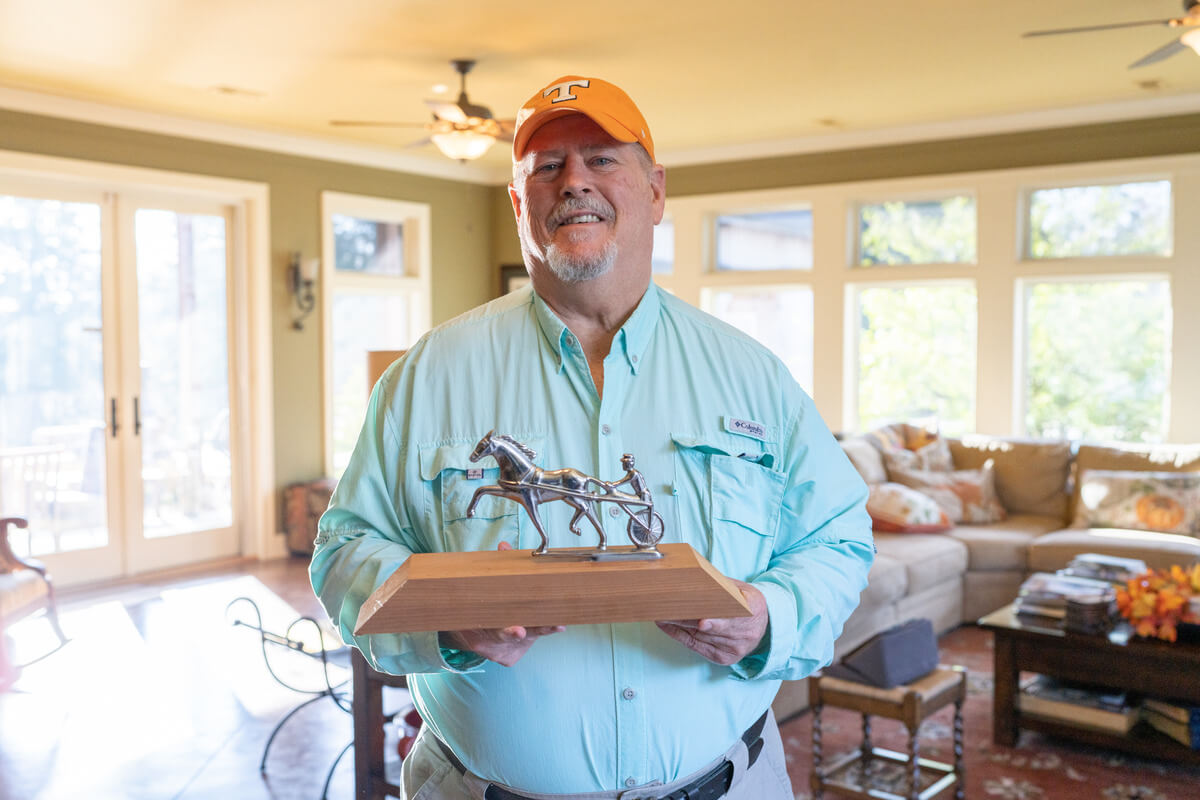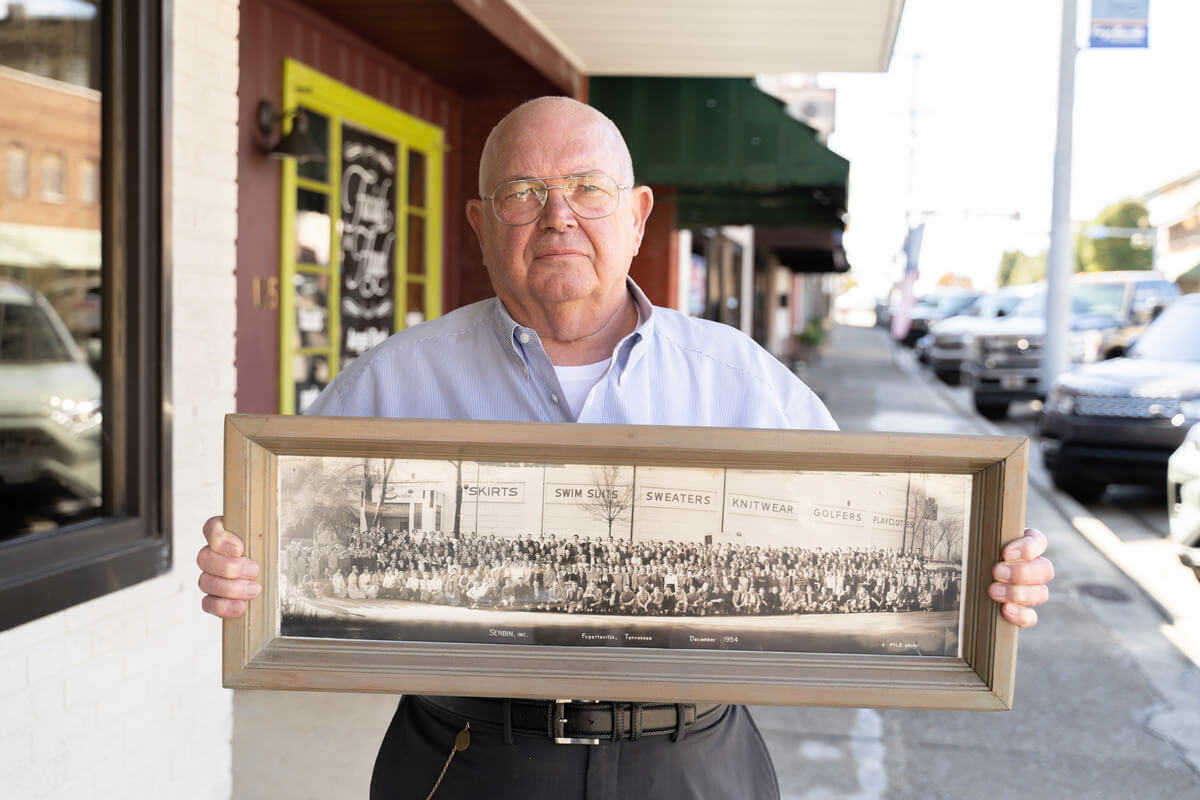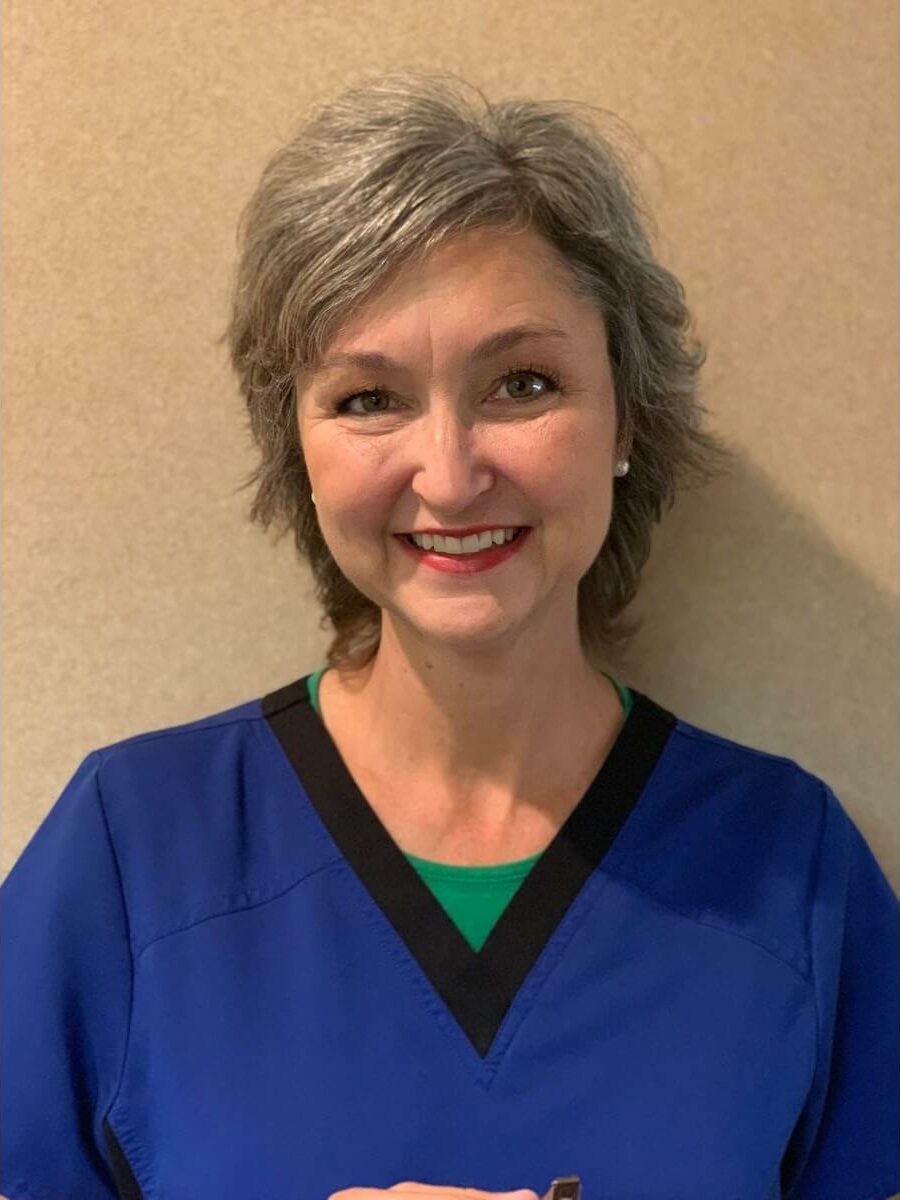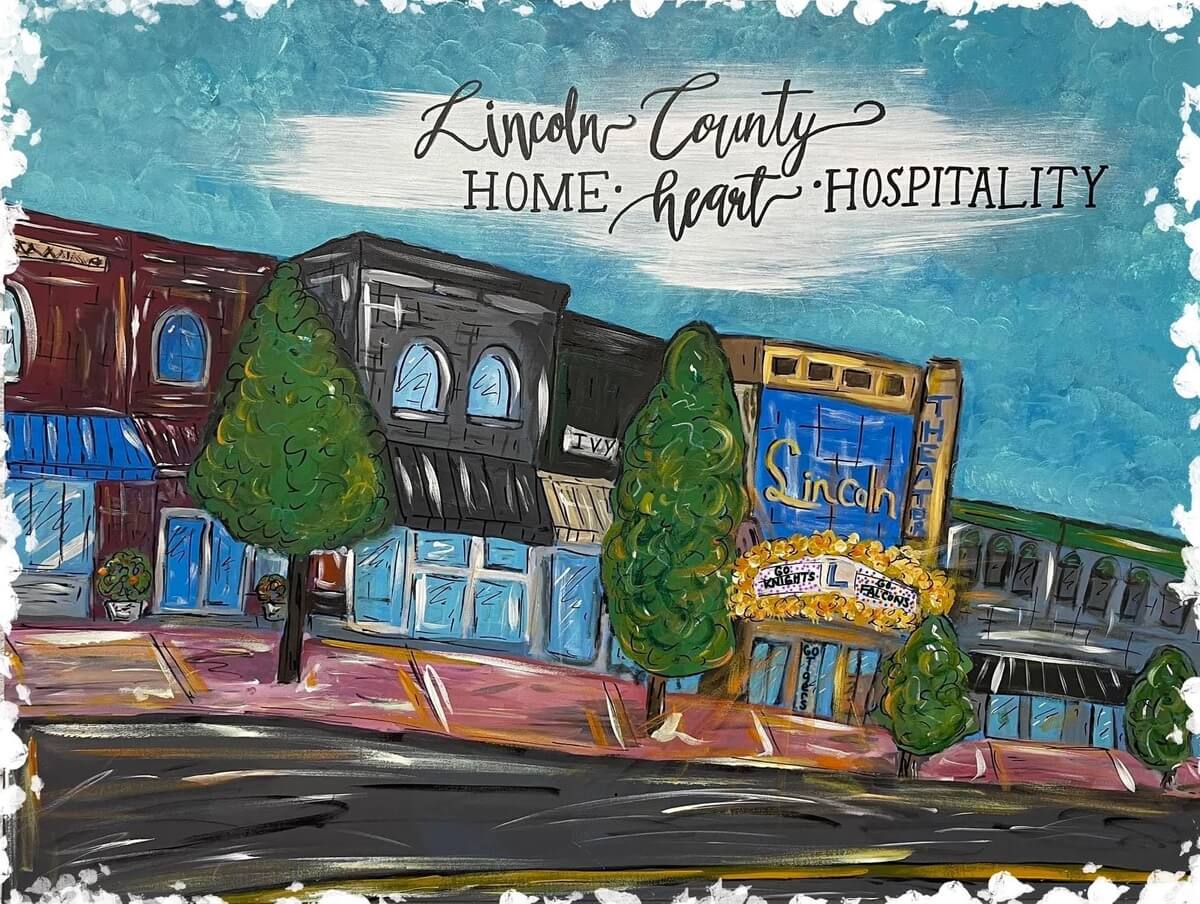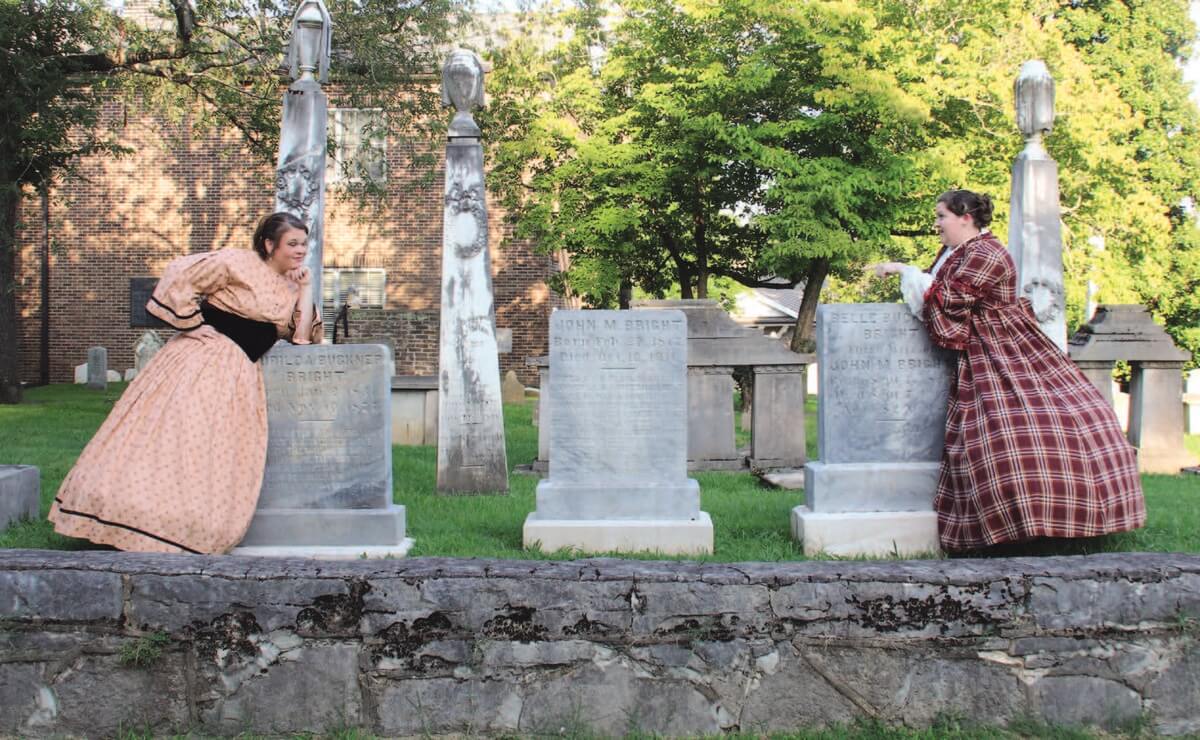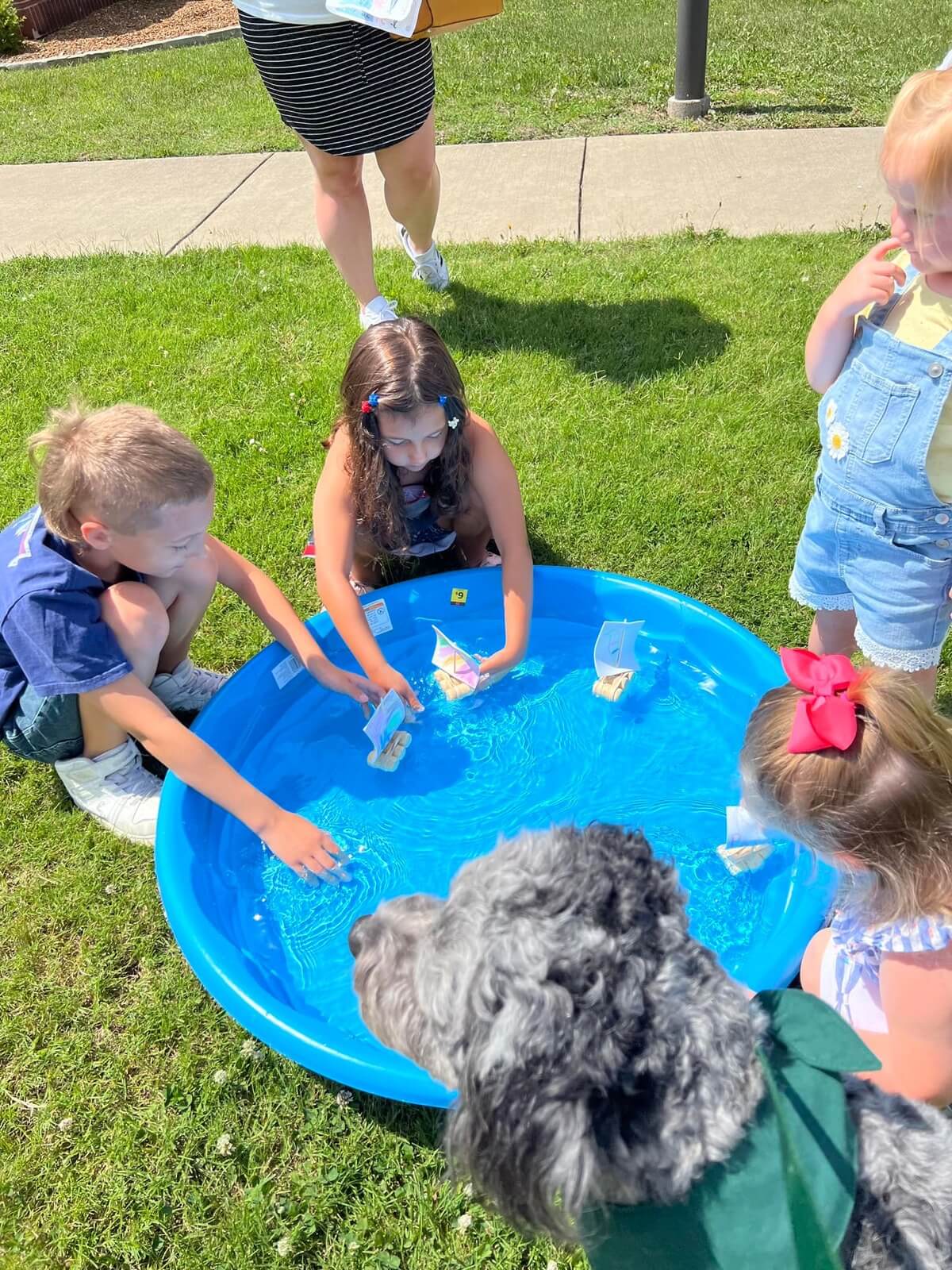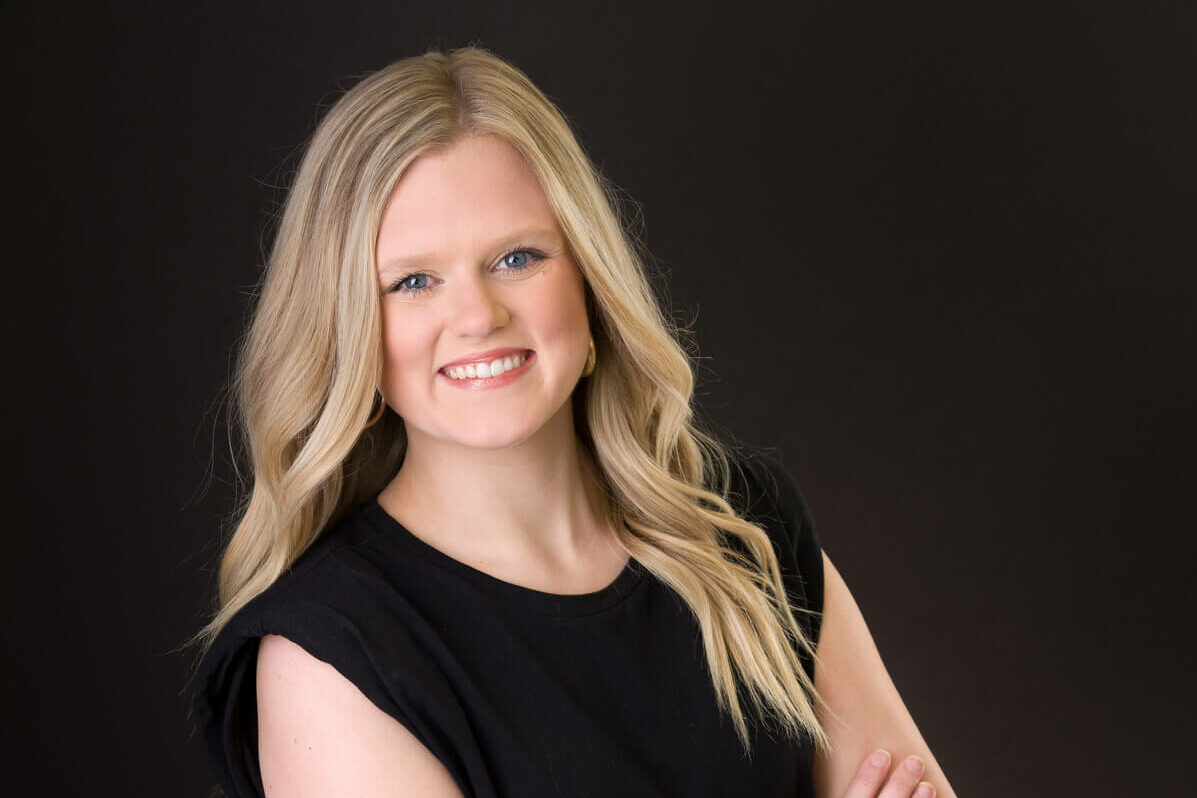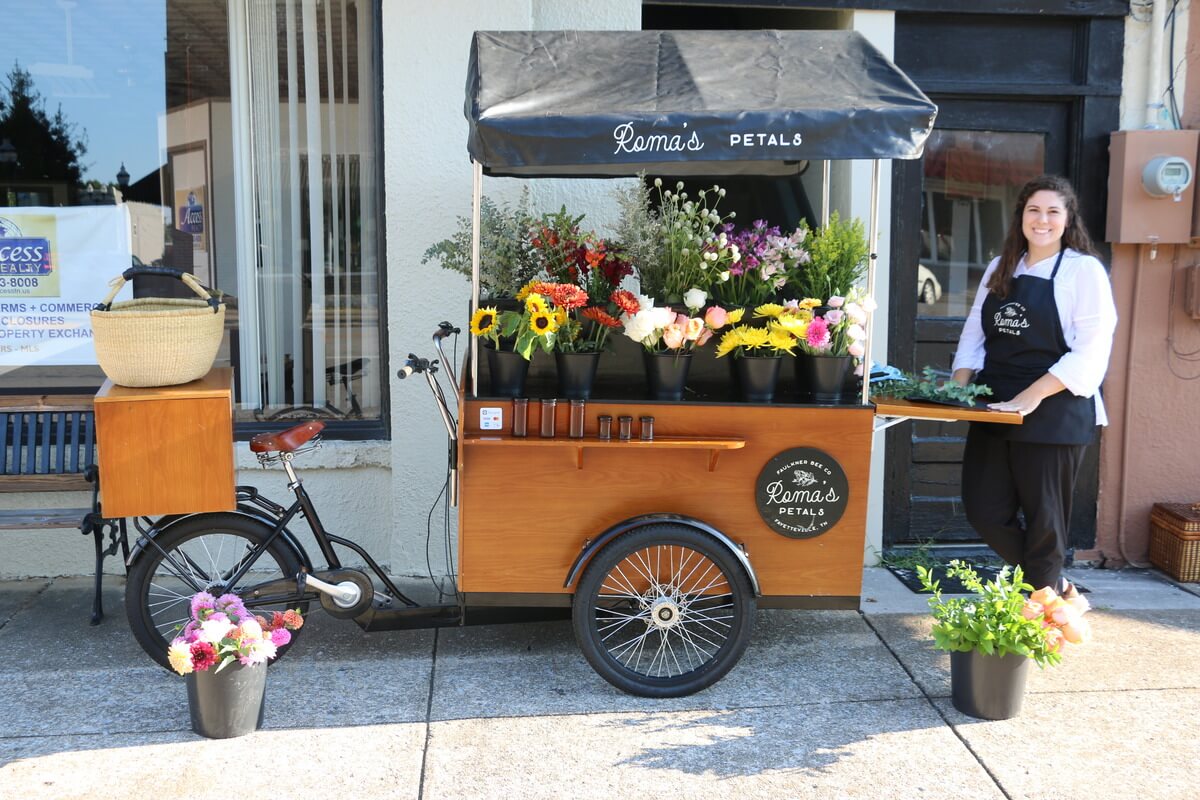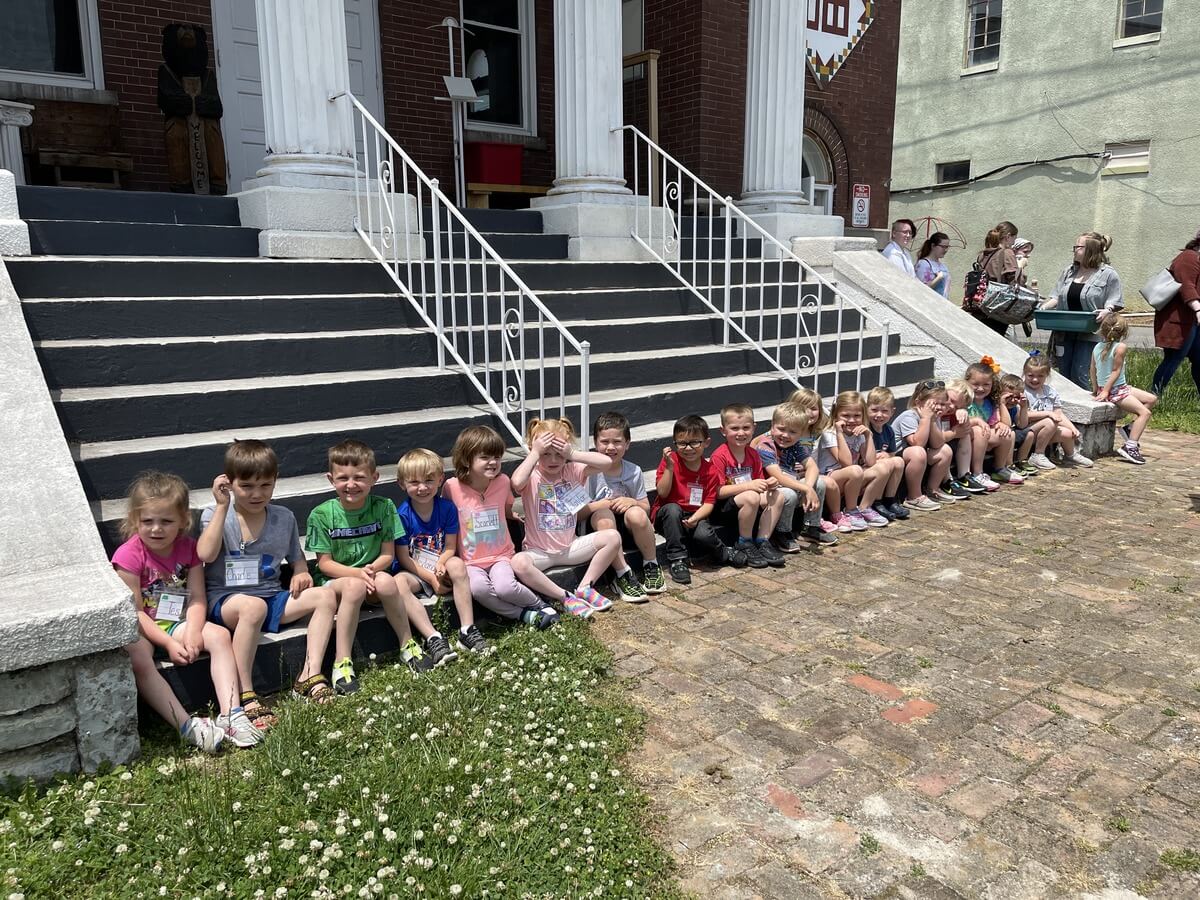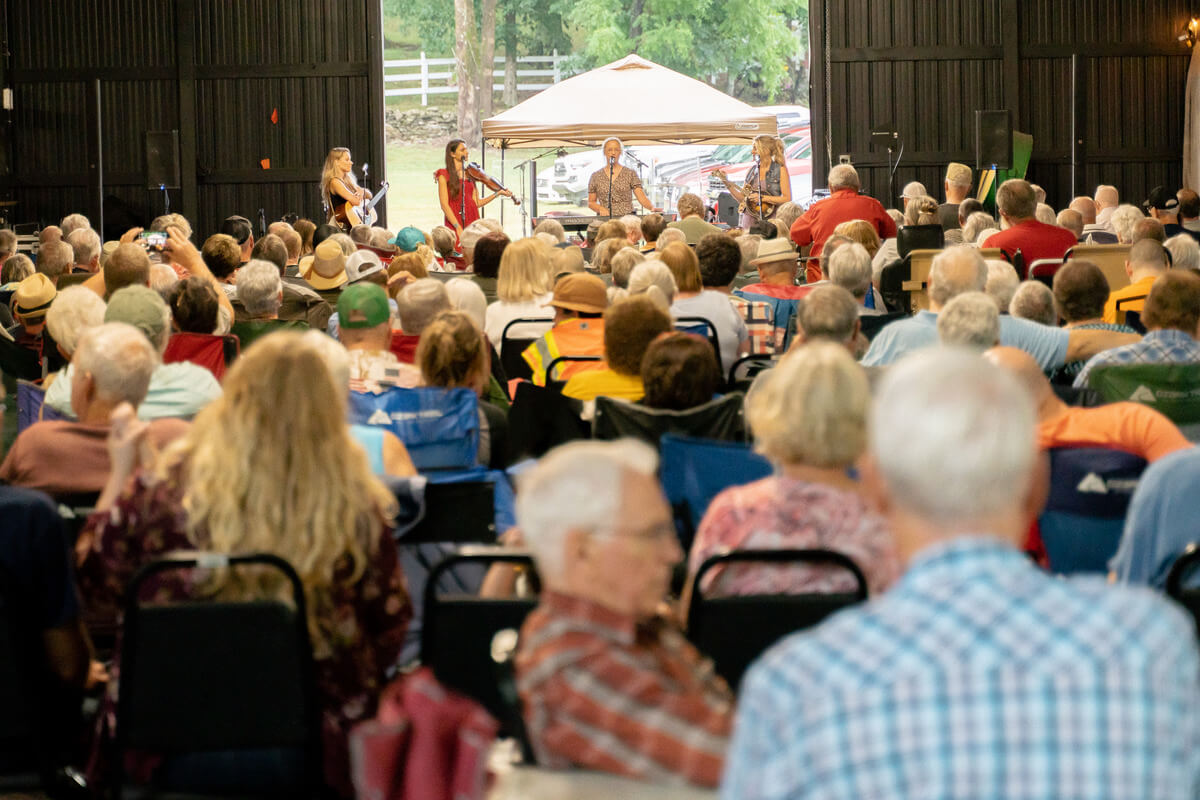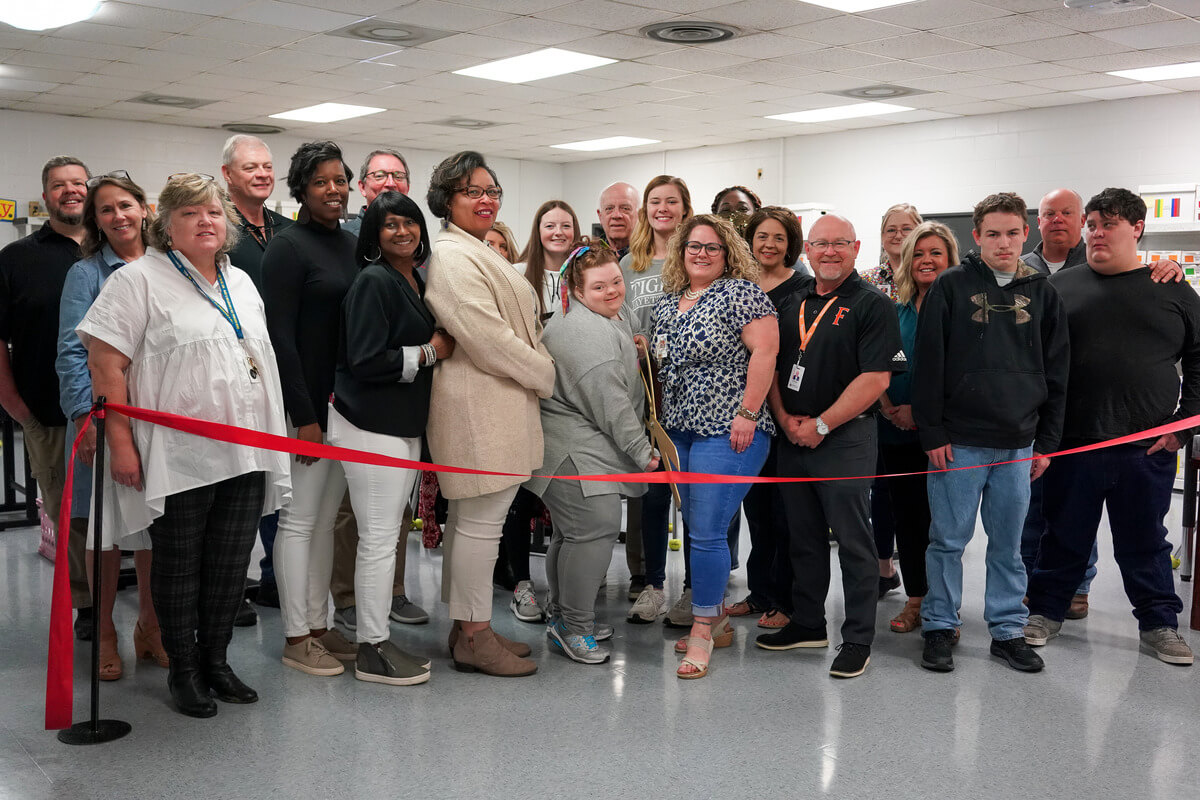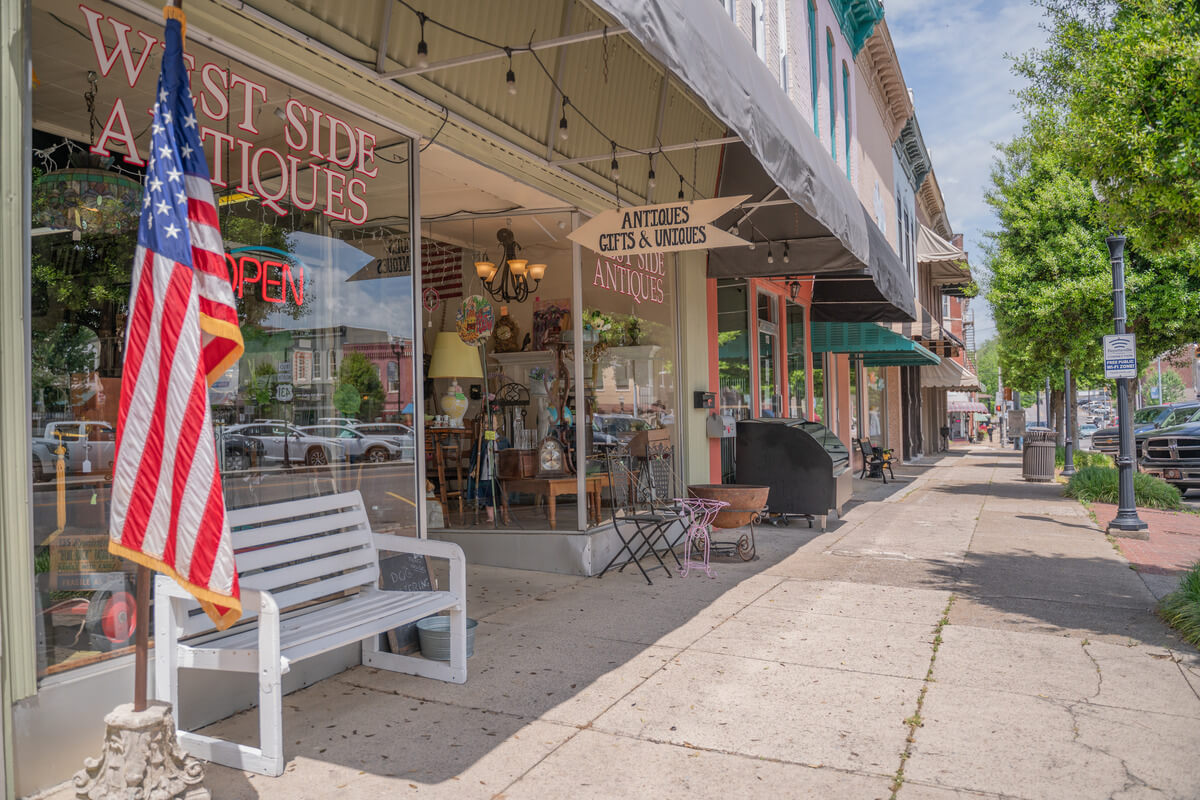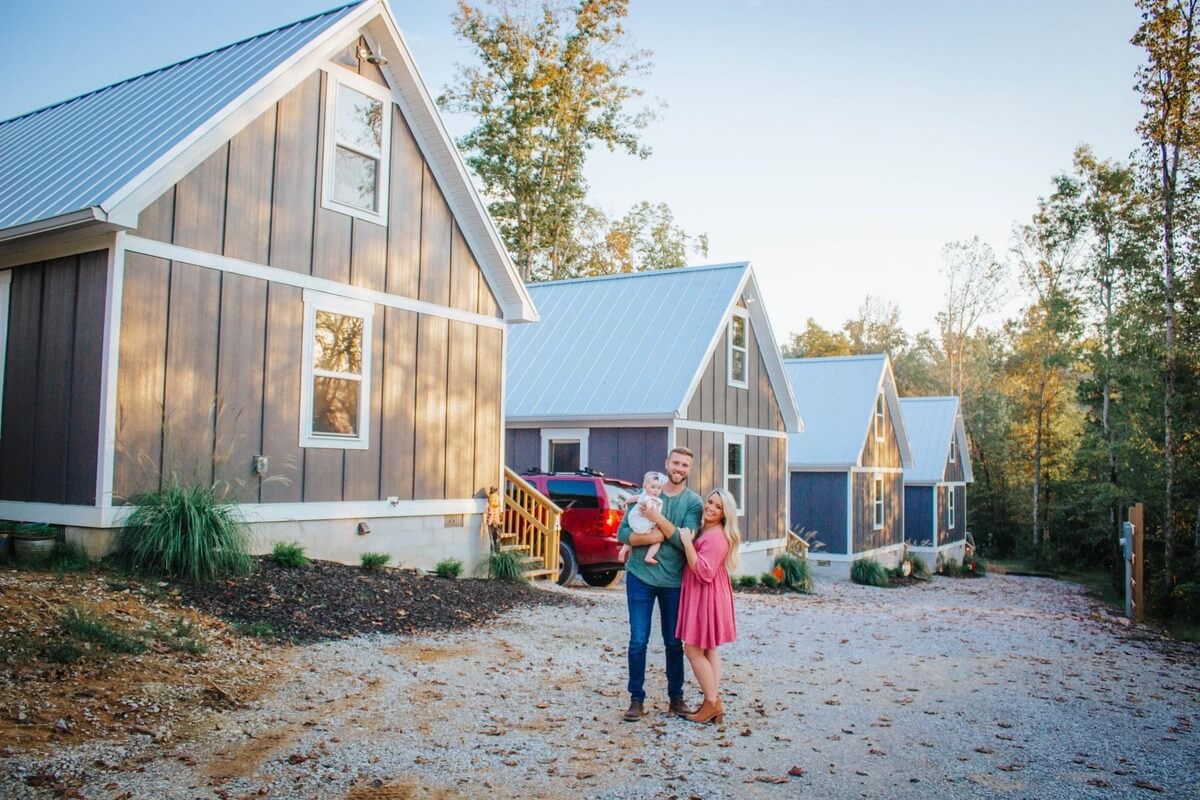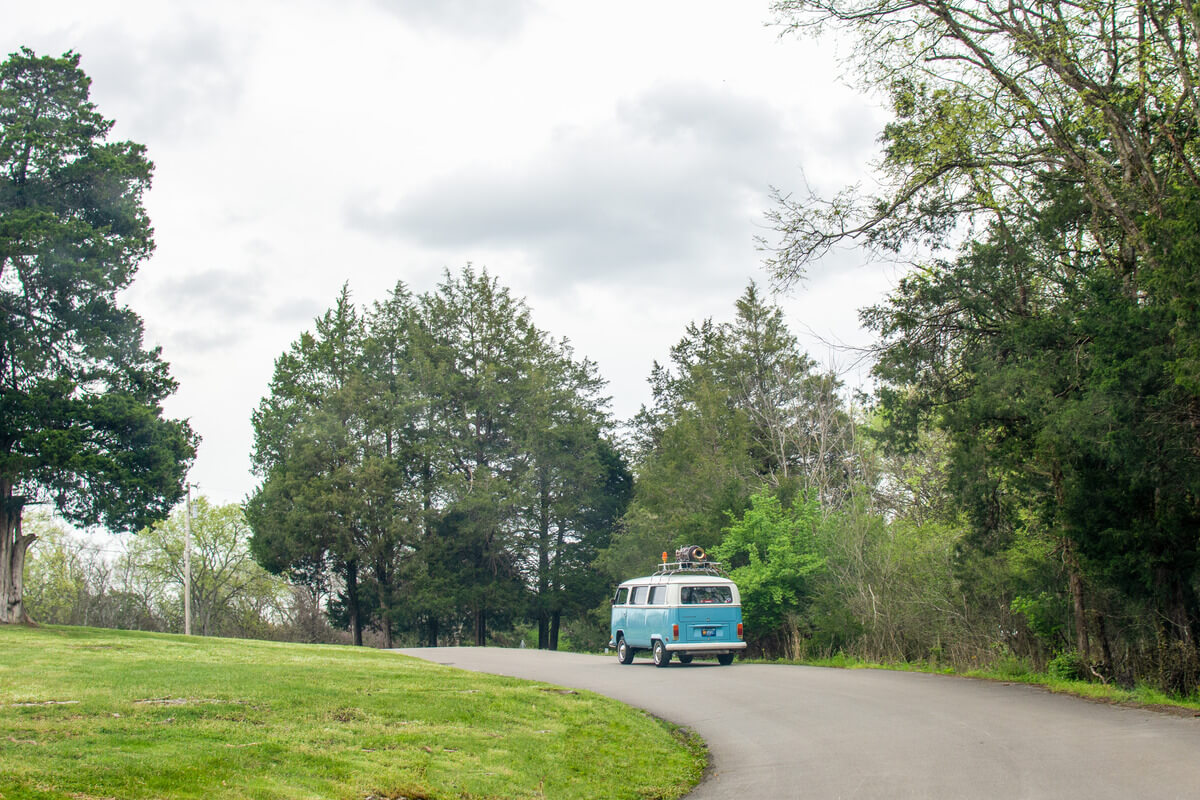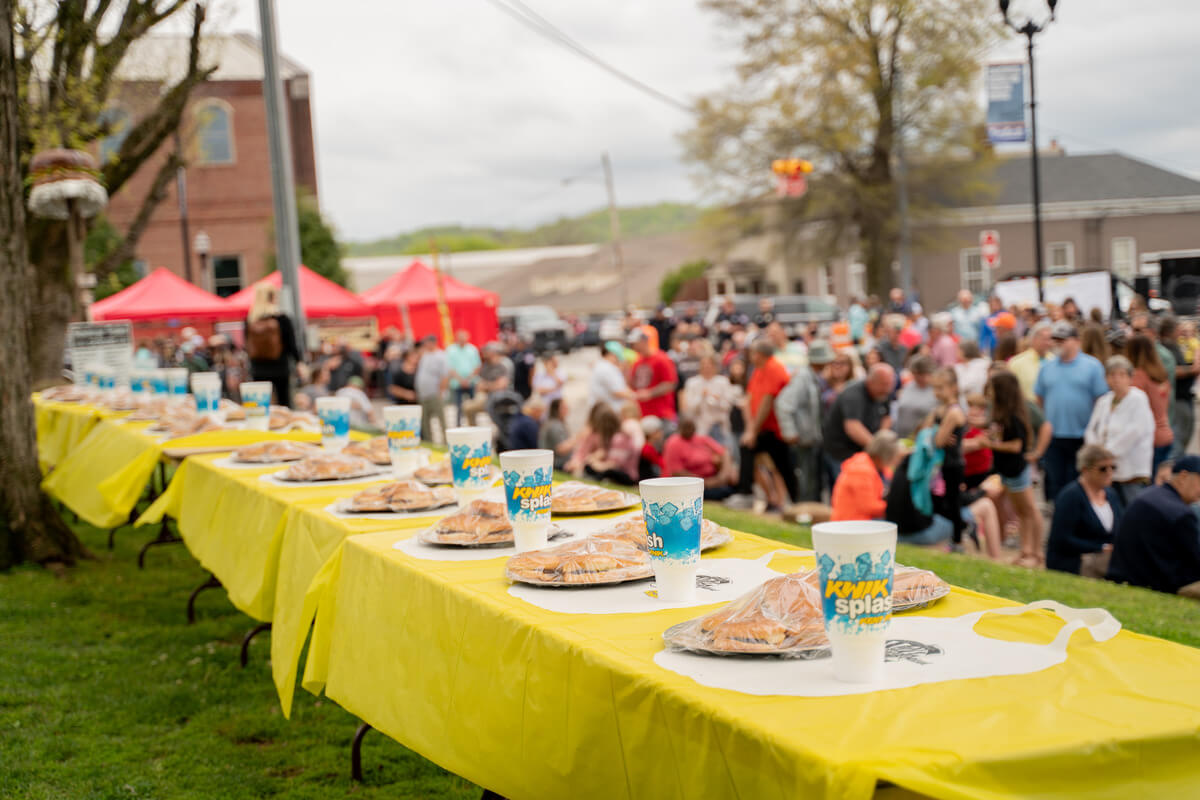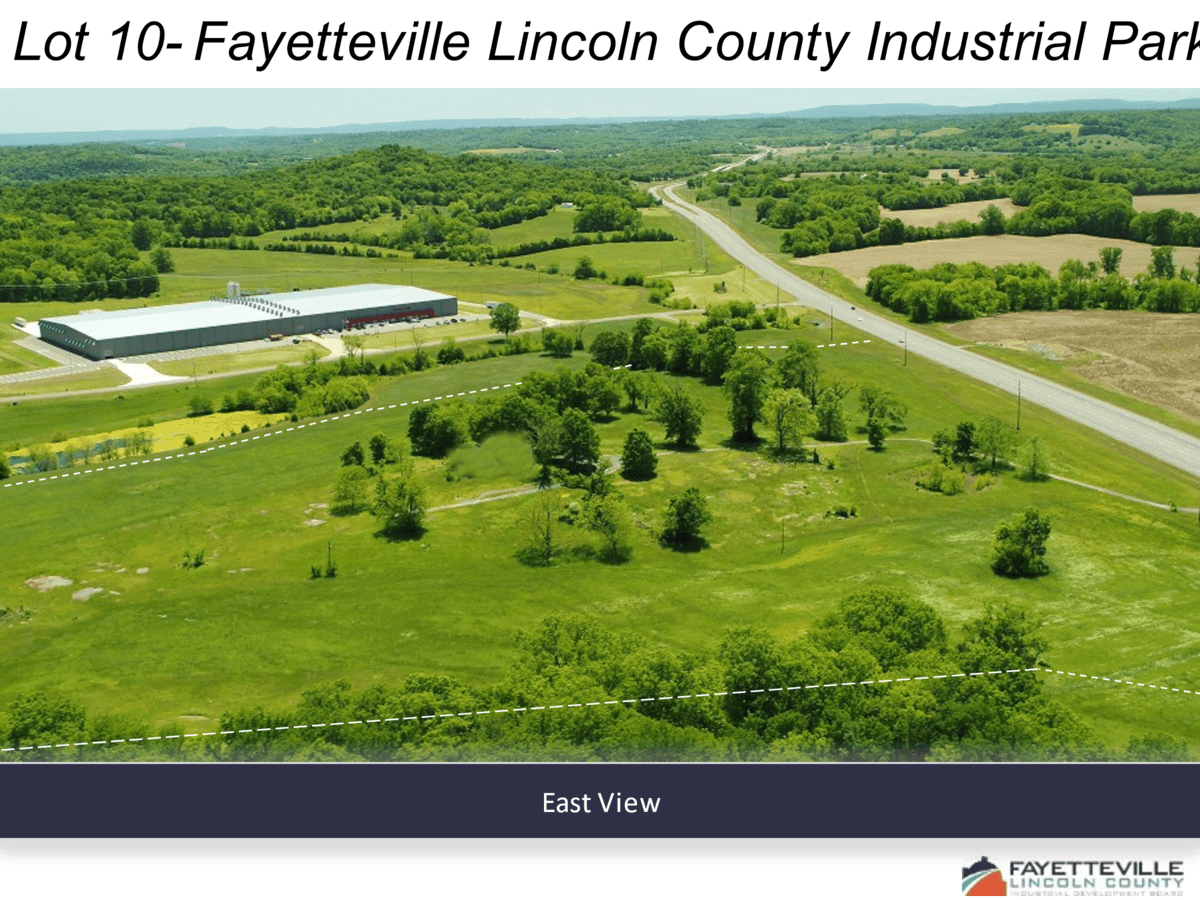BEFORE THERE was food stamps and welfare, there were poor farms.
People with mental and physical disabilities, those without financial or familial support, or those who were unable to work stayed on publicly owned properties. They maintained them as they would any family farm.
“Everybody helped, and everybody had a job,” the late Ralph Hastings, a local historian who has since passed, said in an old video tour of Lincoln County’s historic Poor Farm.
The Lincoln County Poor Farm was established in 1876 and remained operational until 1961. Hastings had an uncle who managed the 239-acre farm. He spent much of his adult life sharing stories from the farm about how the women would dress up on Sundays, how they made molasses from sorghum cane, and how residents would spend their summers canning fruits and jams.
“They enjoyed themselves,” he said during the tour. “Most of them didn’t have much family, but they fit in real well, and this was like their family. It was a good life.”

He reflected fondly on the residents he came to know at the farm. He recalled a young boy who never healed properly after breaking his back and a personable train porter who had a stroke that didn’t allow him to continue to work.
Hastings said most people who came to the farm stayed until they died. Sometimes, that meant they worked on the farm for a year. Sometimes, it meant they worked for 50 [years]. Then, they were laid to rest at the farm’s cemetery.
“I suppose over 200 people are buried over there, but there’s no name on any grave,” Hastings said.
That’s where Danielle Caudle and Angela Ziegler step in.

In 2021, Caudle relocated to Lincoln County with her husband and five kids for her husband’s work. At the time, the Lincoln Country Poor Farm was used as an organic flower farm and the cemetery as a meditation garden. Caudle and her husband were looking for a farm where her family could live and work, not exactly a meditation garden. But when she pulled onto the property, which greeted her with an adorable little stream and a rickety bridge, Caudle said she knew it was meant to be.
“So this was not really what we were looking for at all,” she said. “We saw the pictures, we showed up, and we were all sold immediately.”
She loved it so much that she convinced her mother, Angela Ziegler, and her father to sell their farm in Louisiana and move onto the poor farm in Lincoln County.
It’s no wonder the previous owner turned the cemetery full of unmarked graves into a meditation garden. Caudle described it as “the most peaceful place you could ever imagine.” There’s nothing but good energy that comes from the farm. This is not the set of some horror movie or paranormal investigation.





